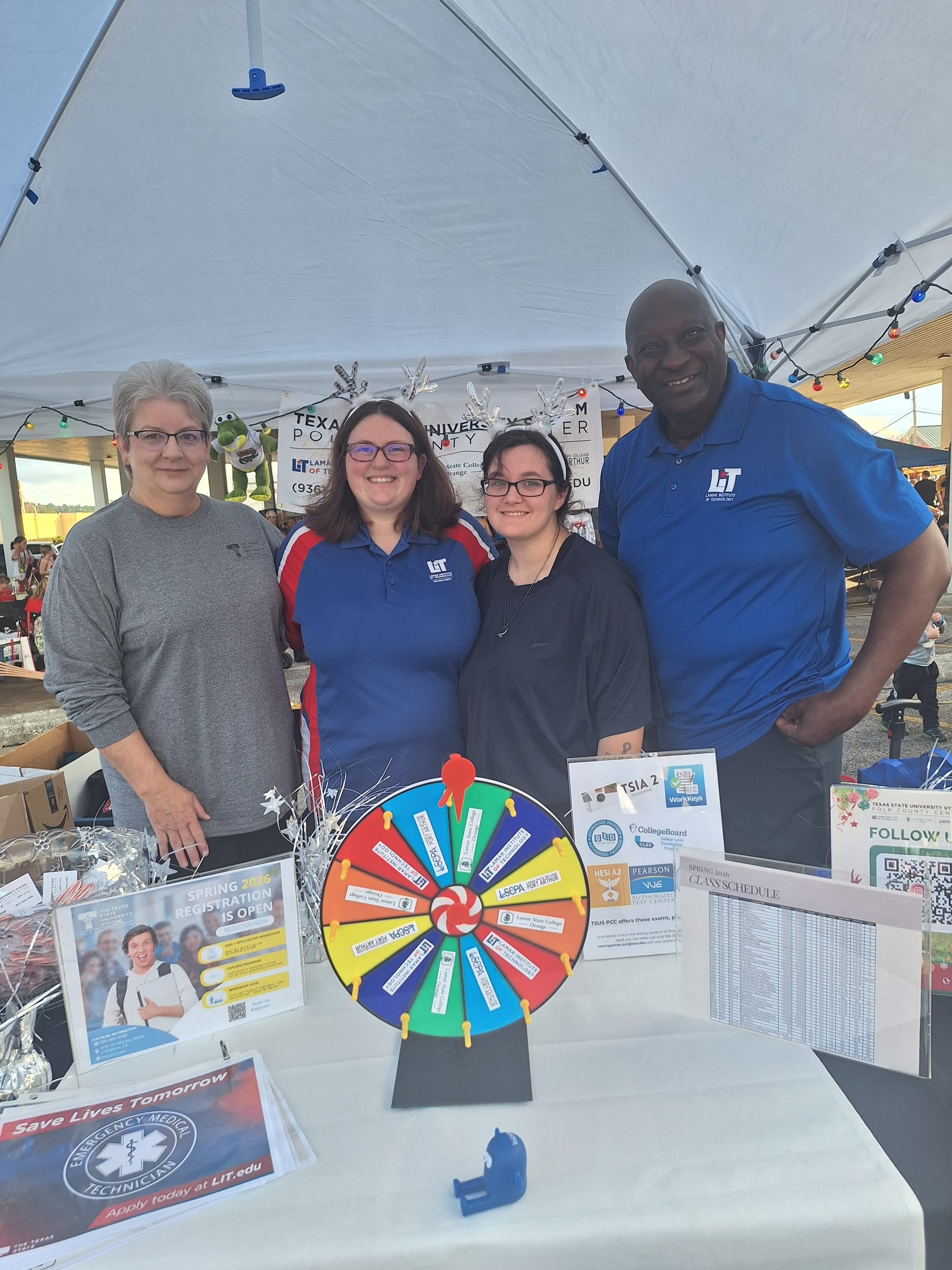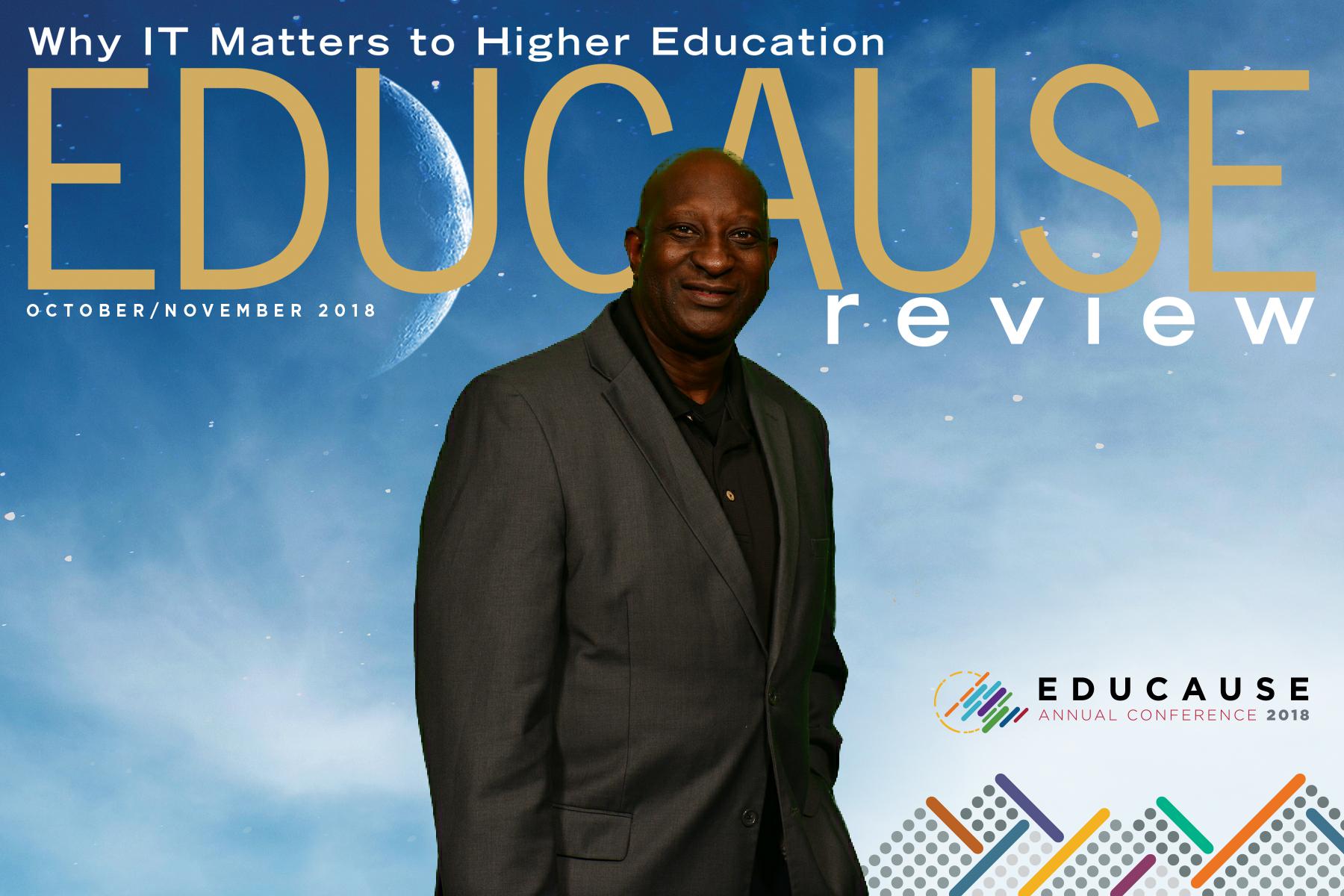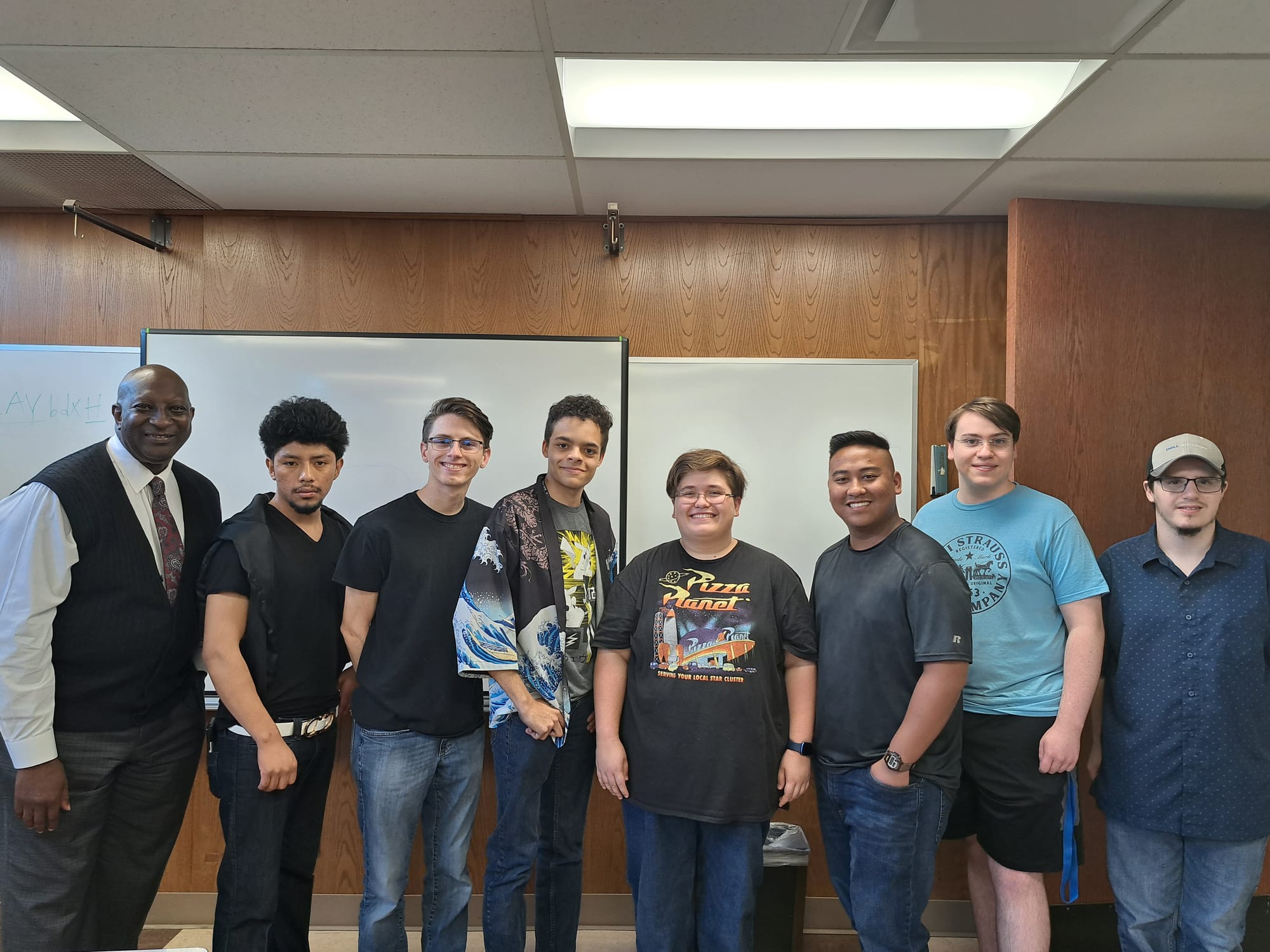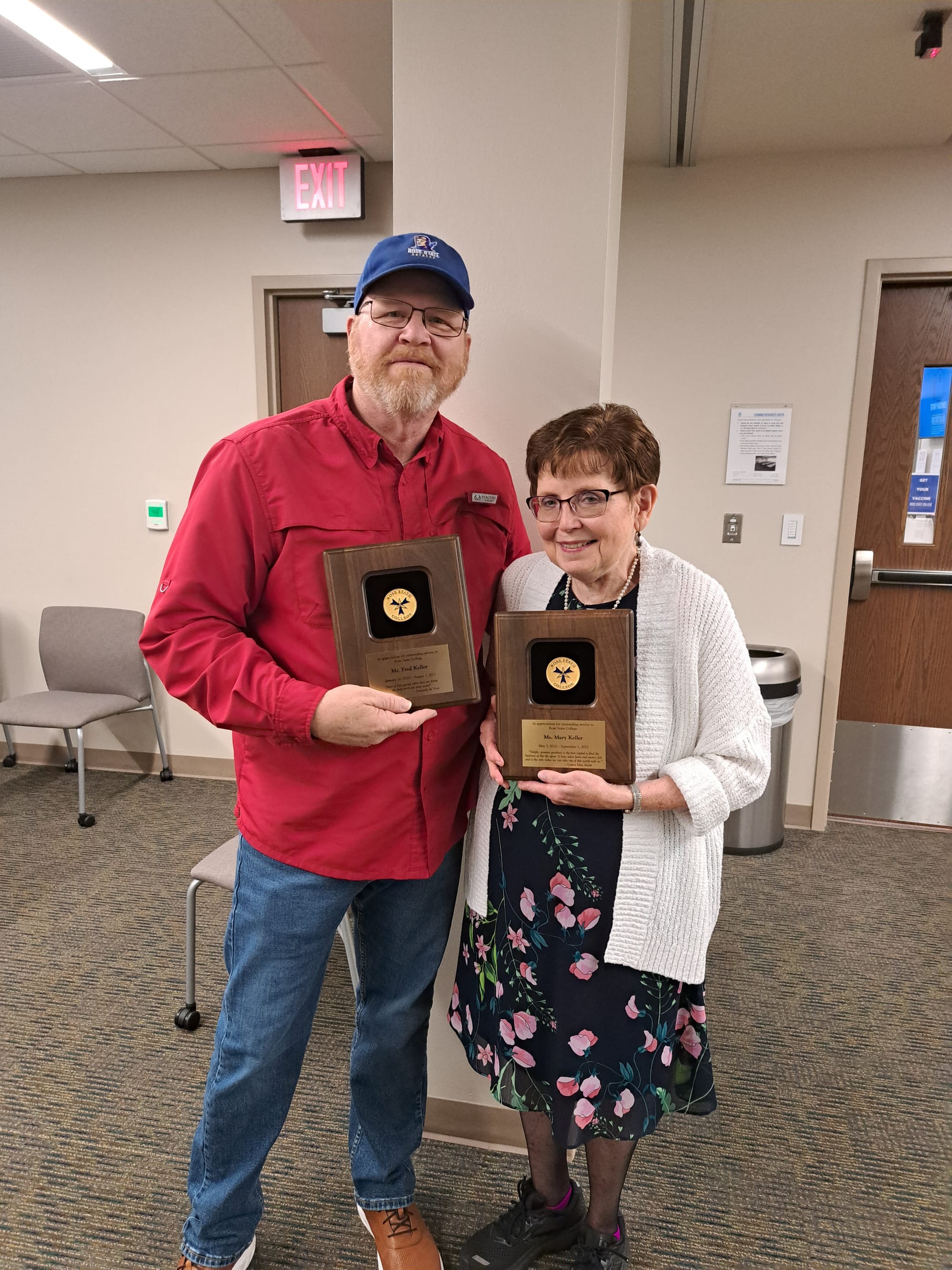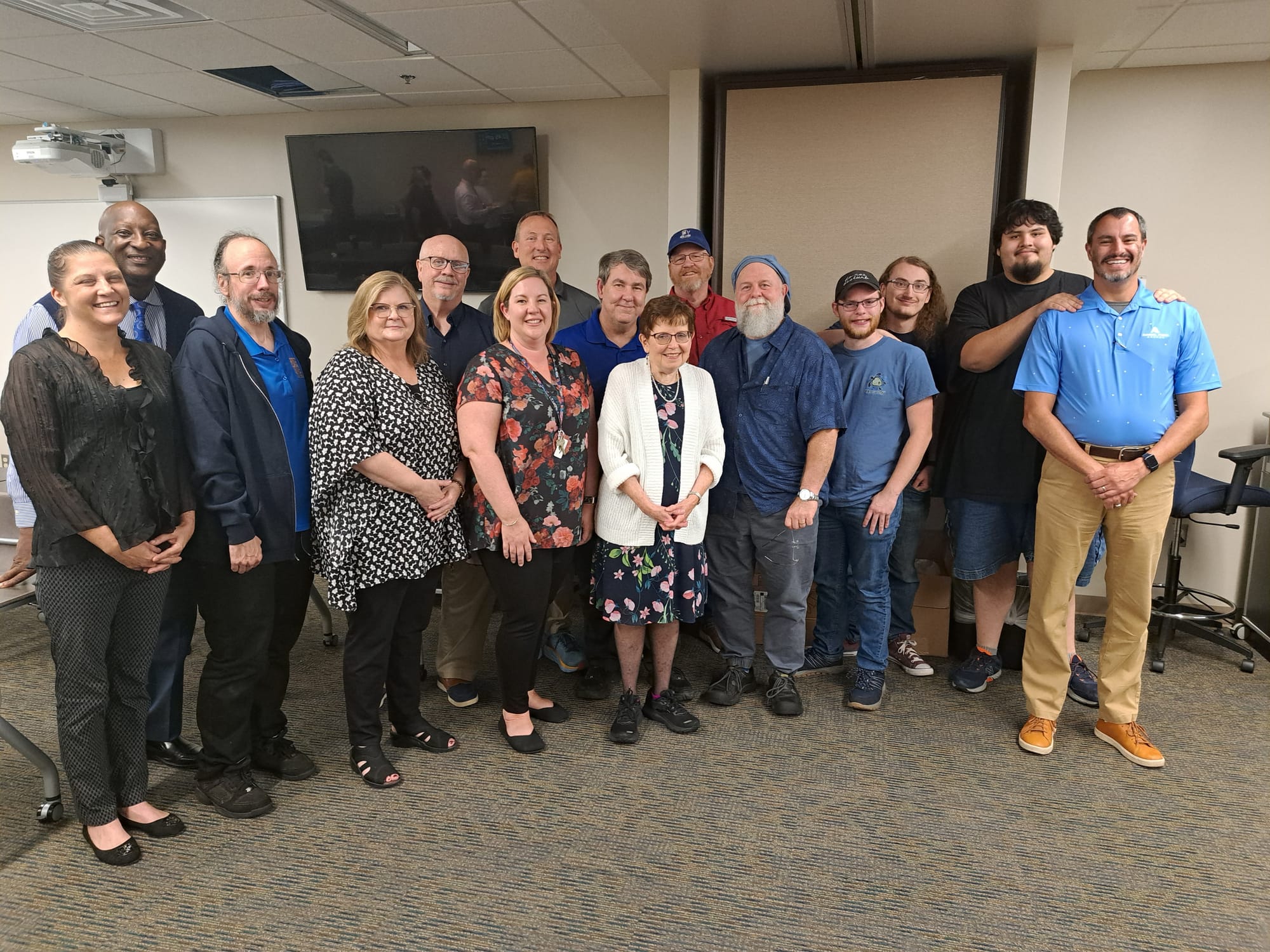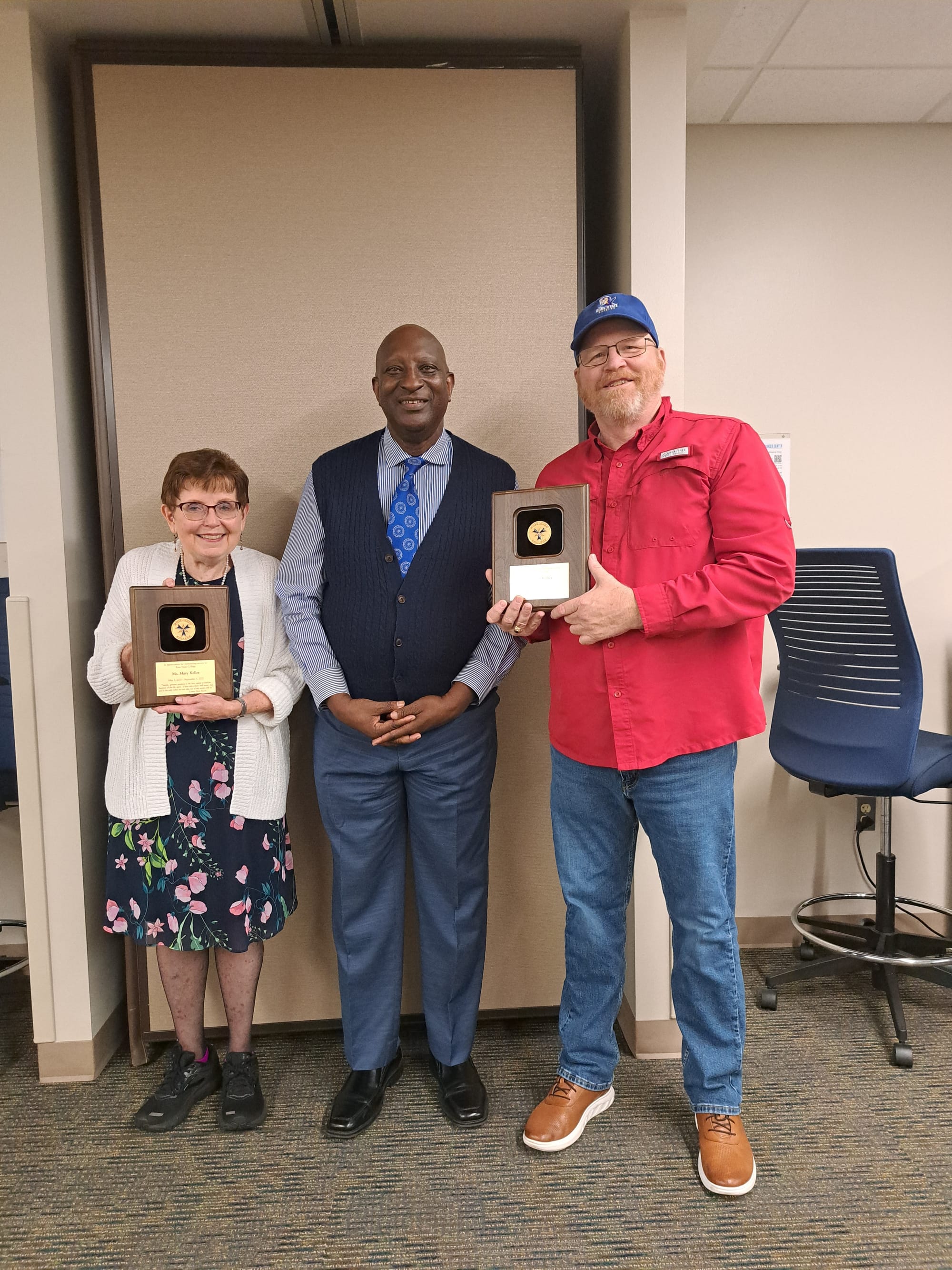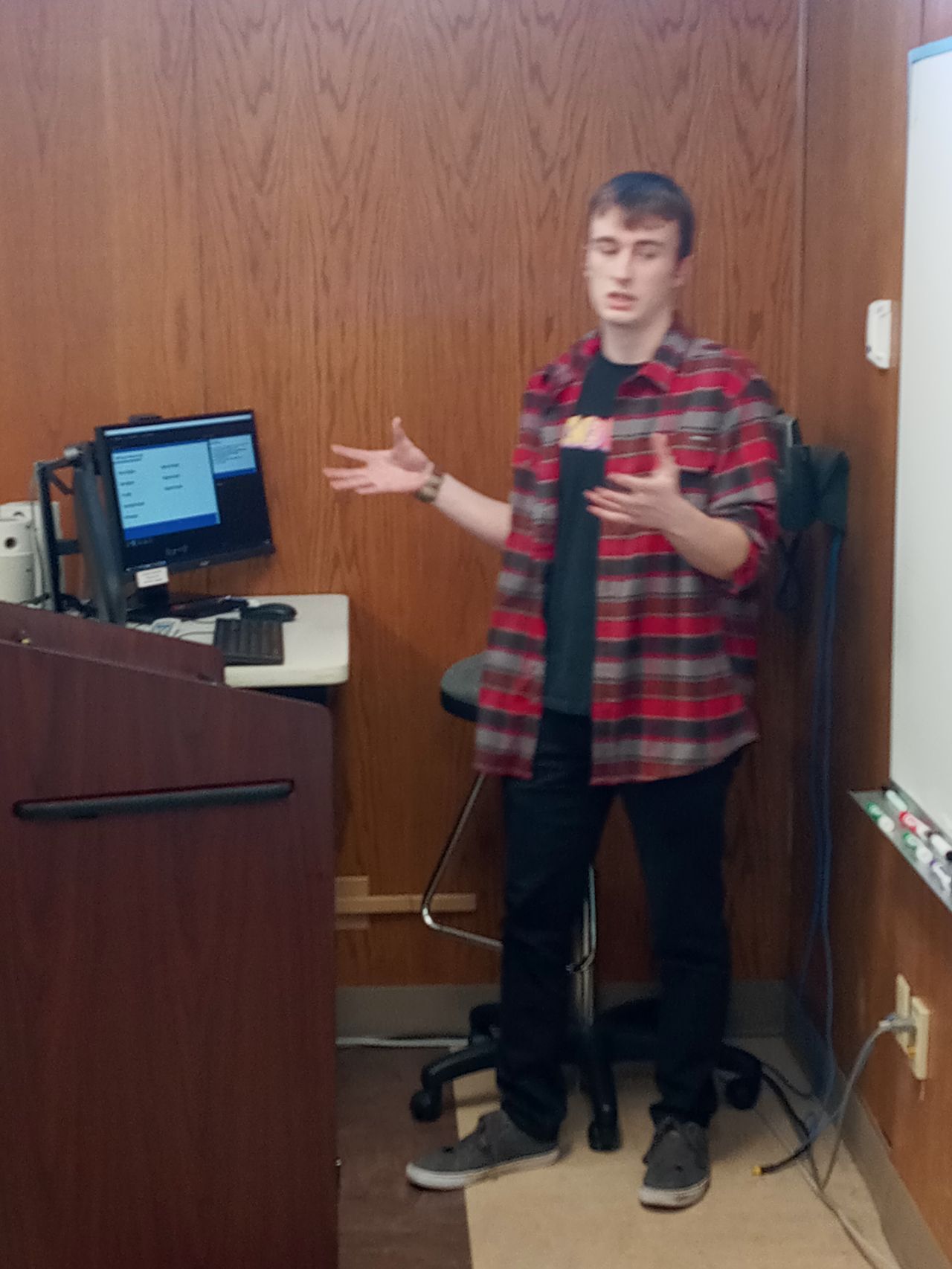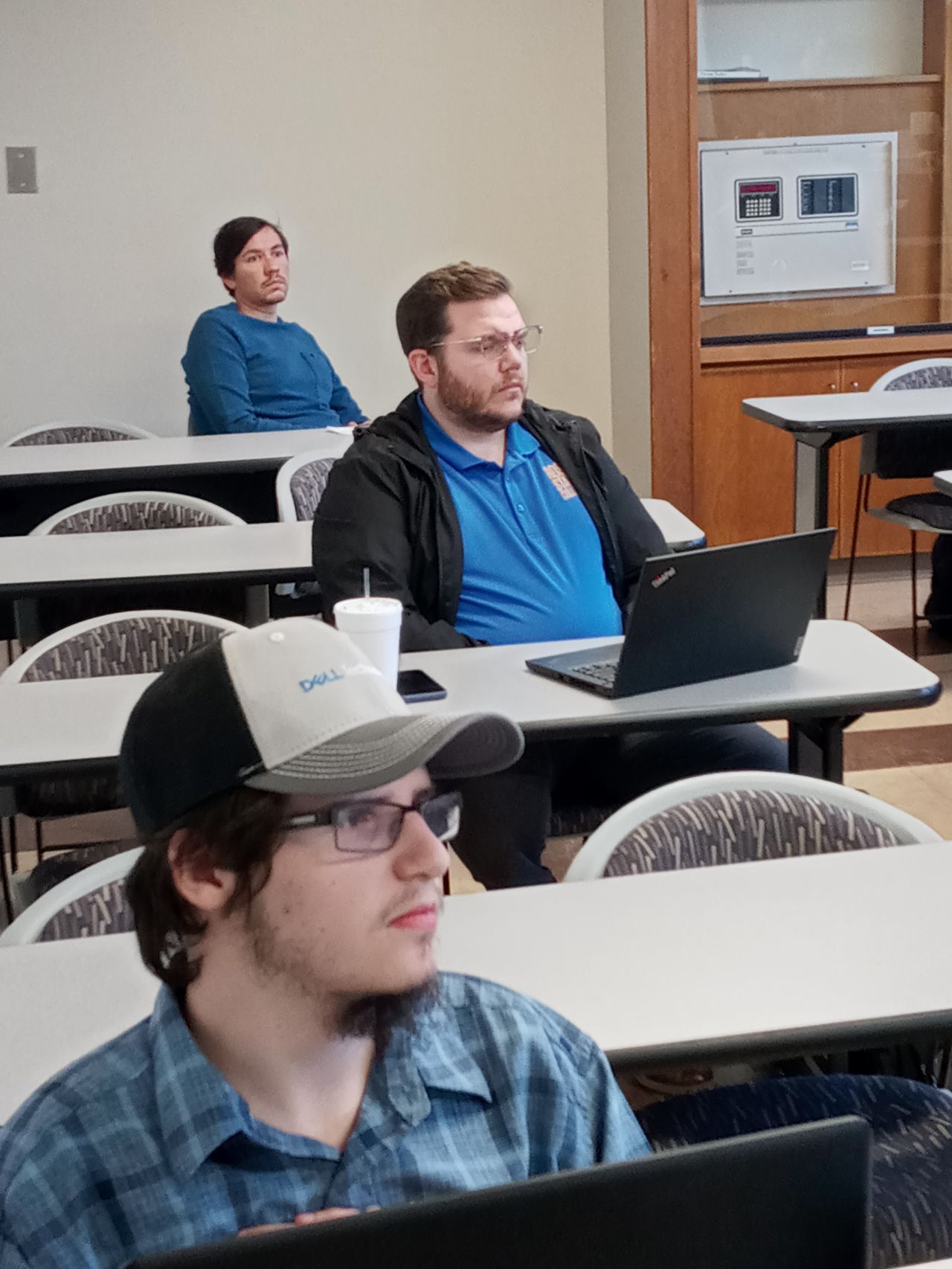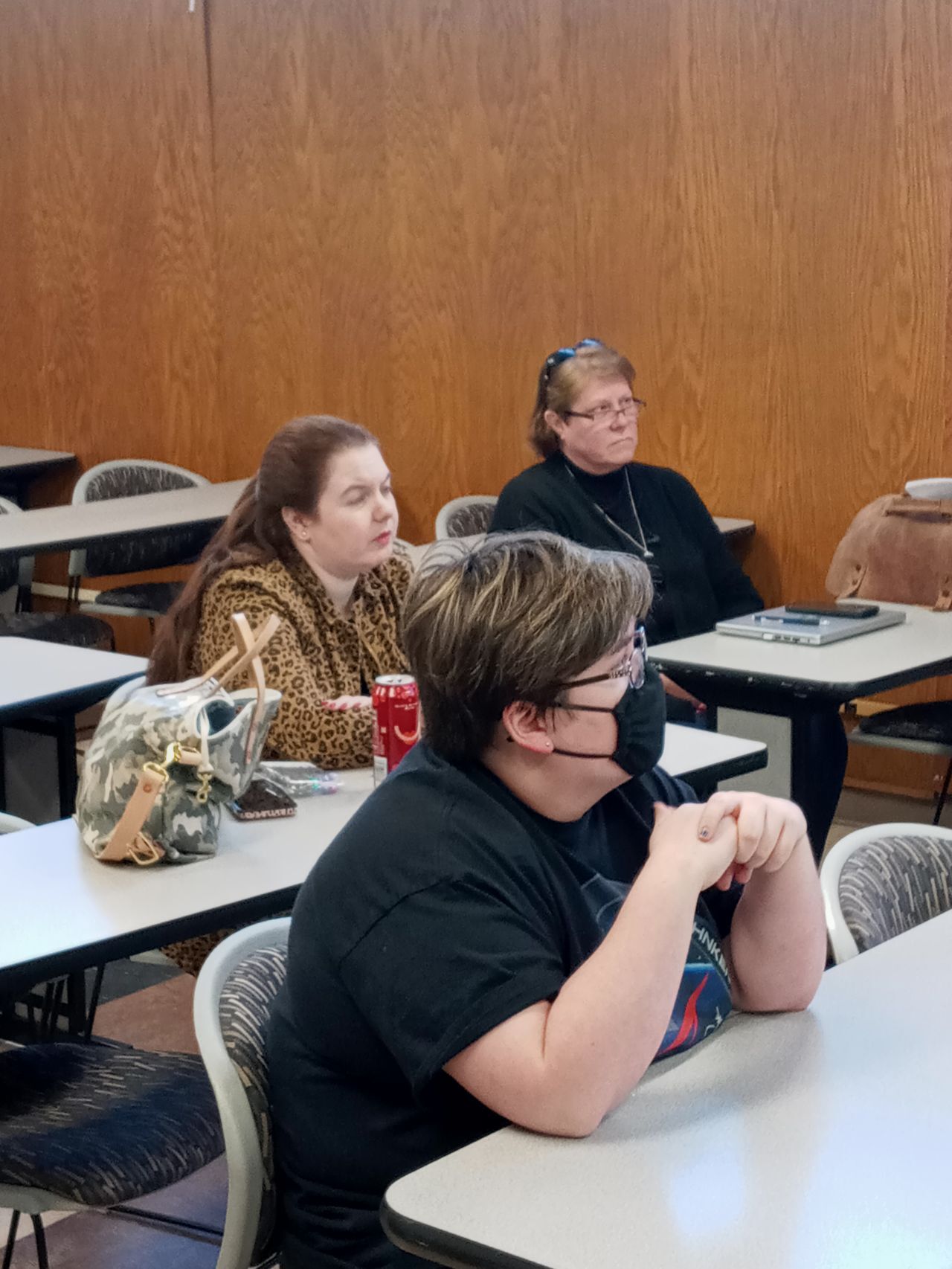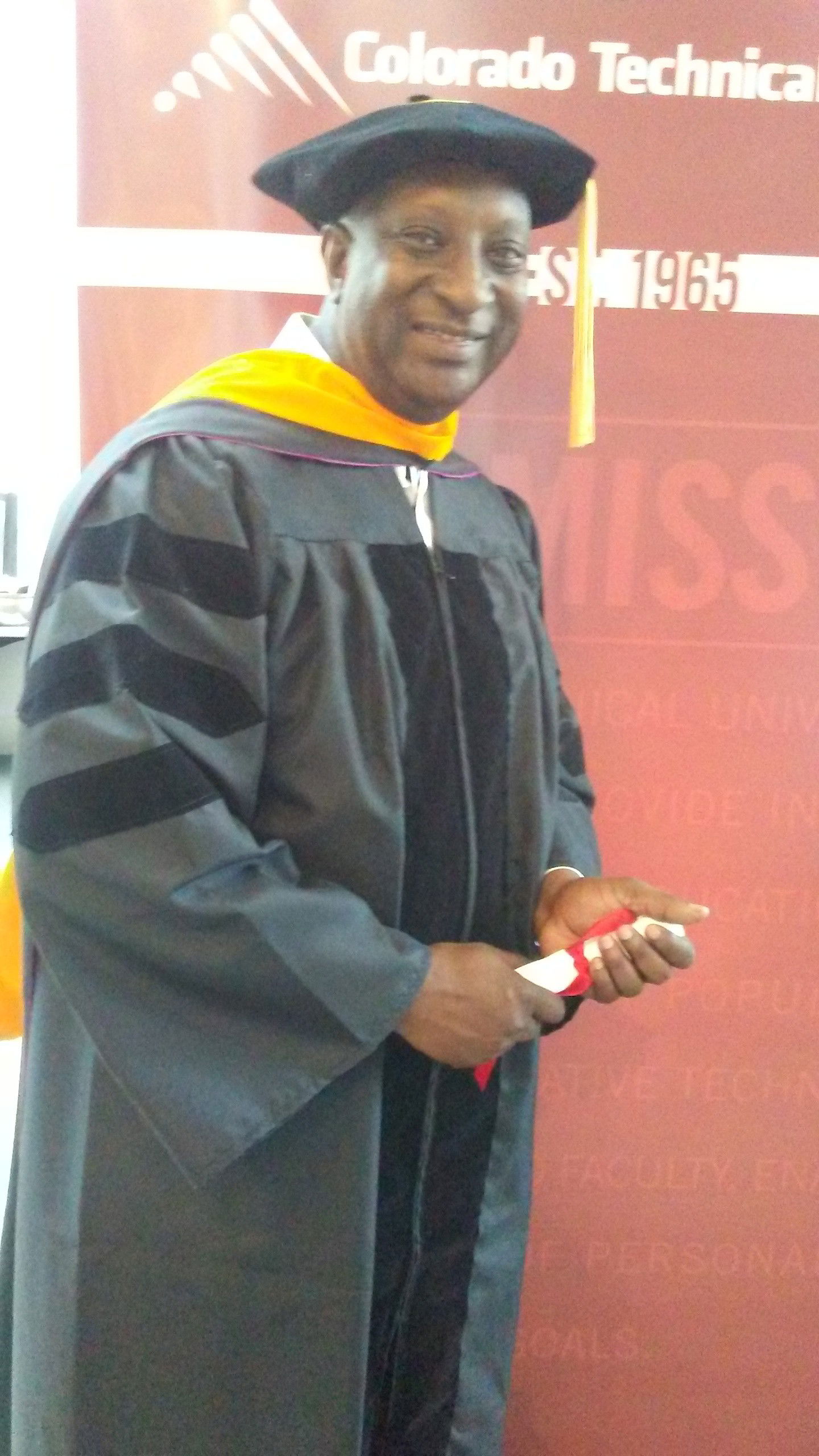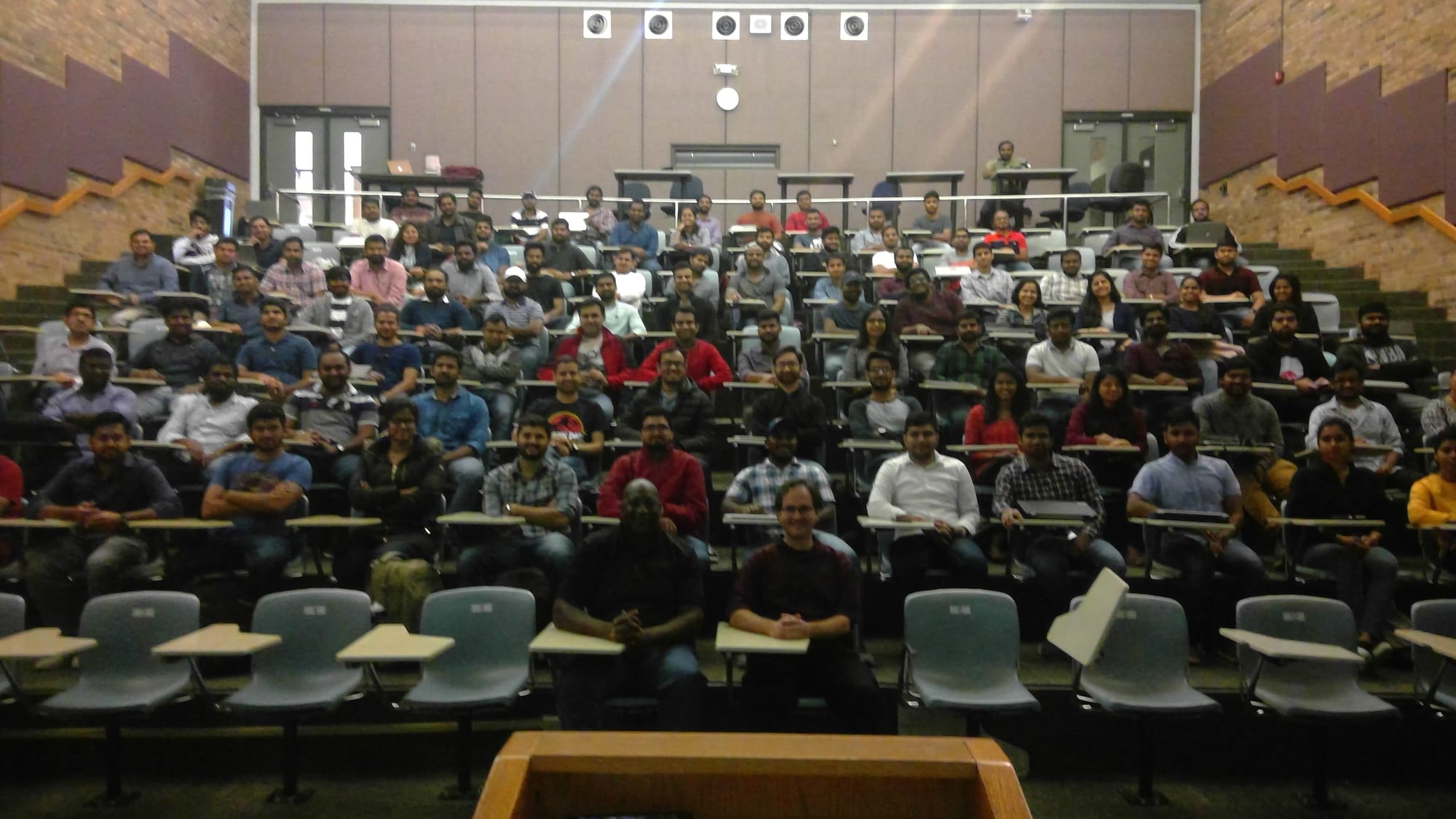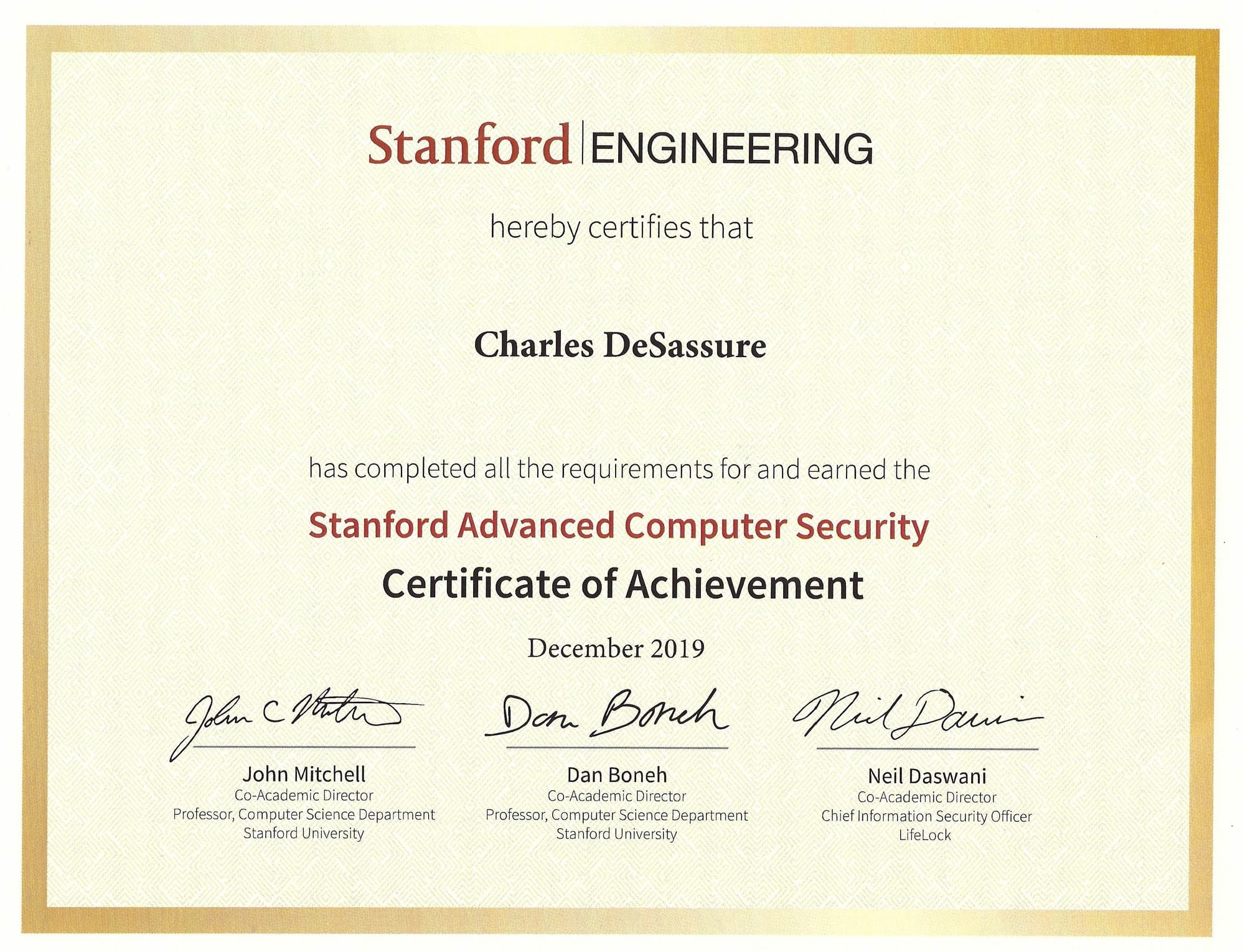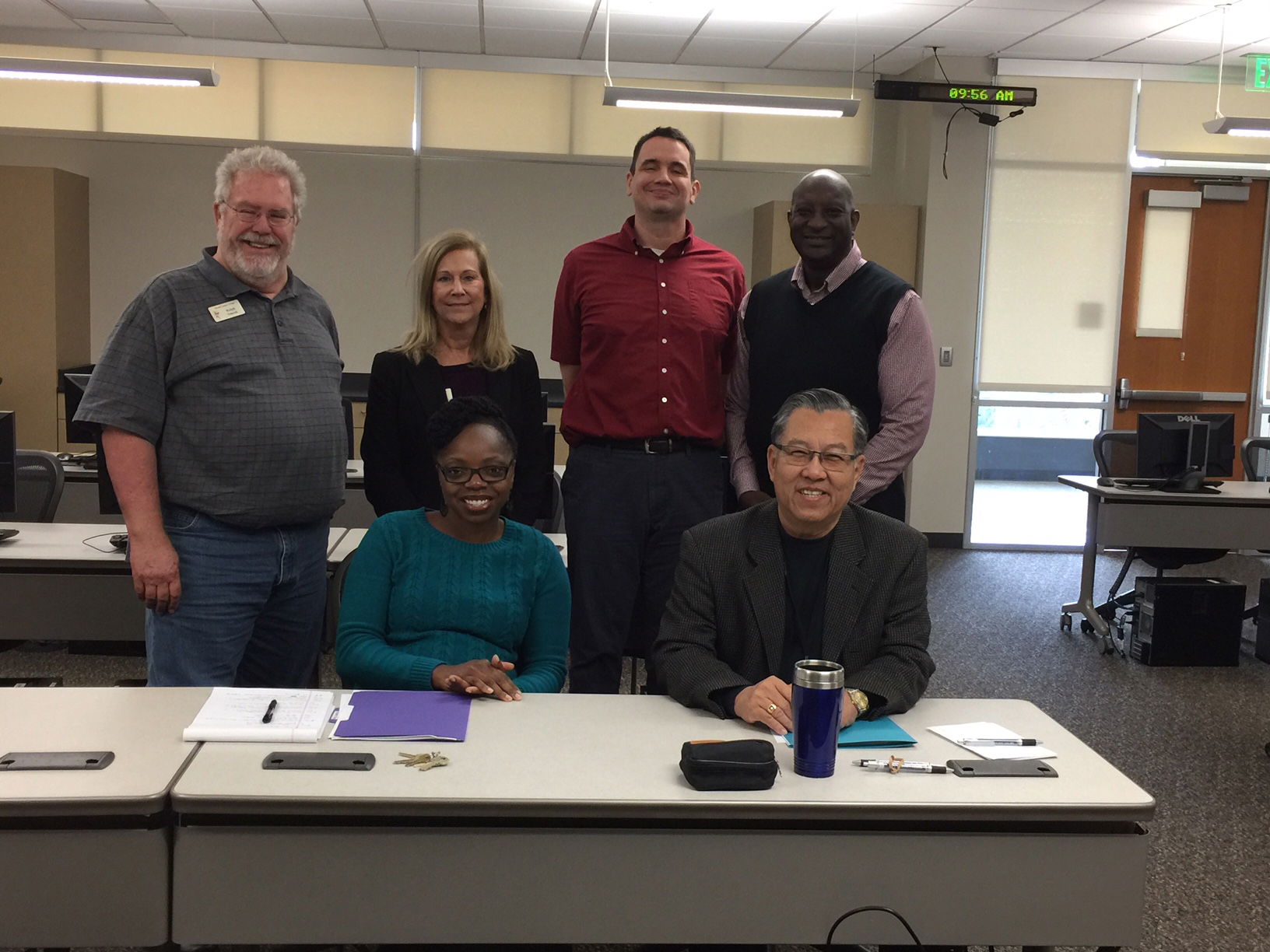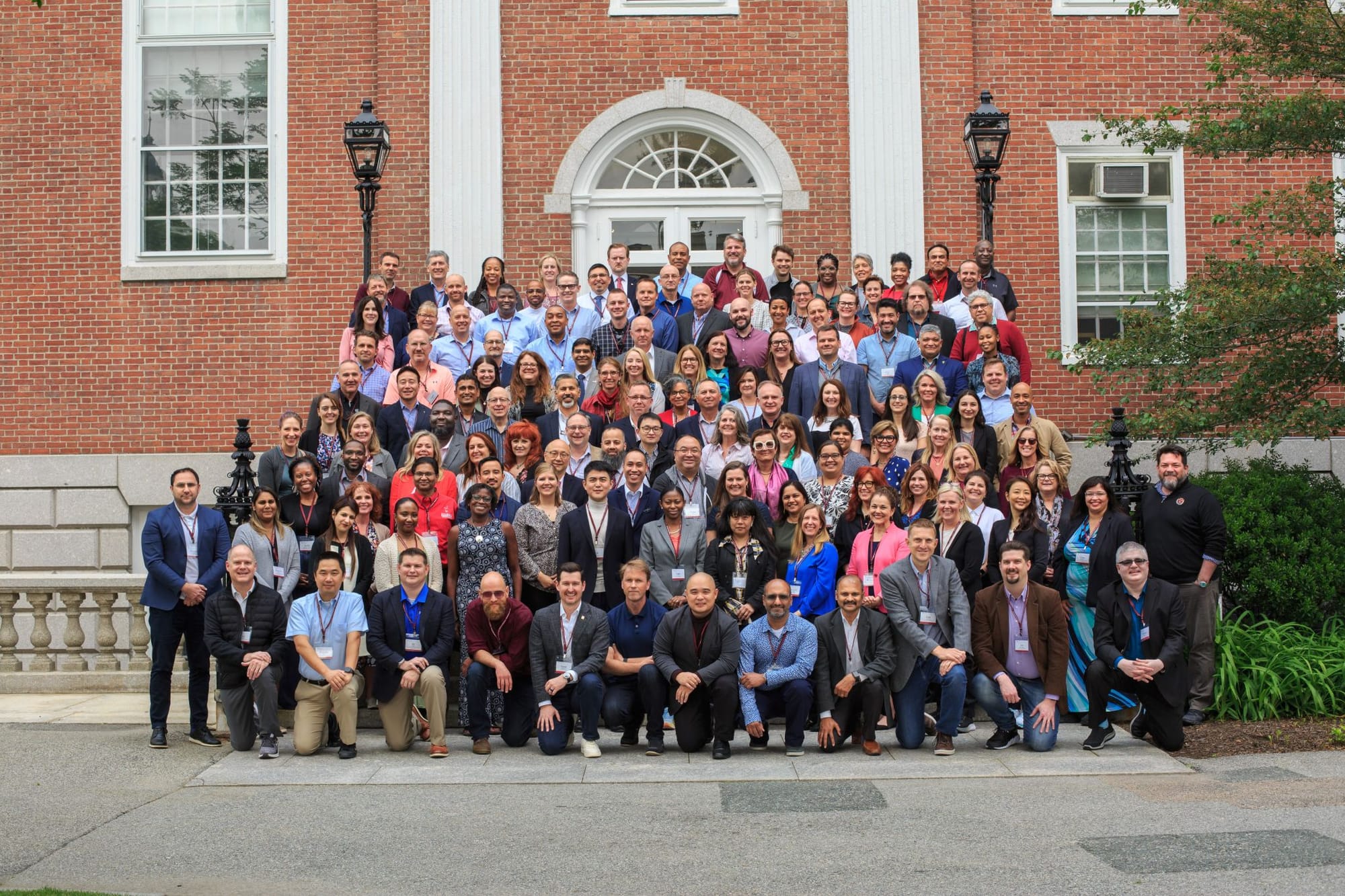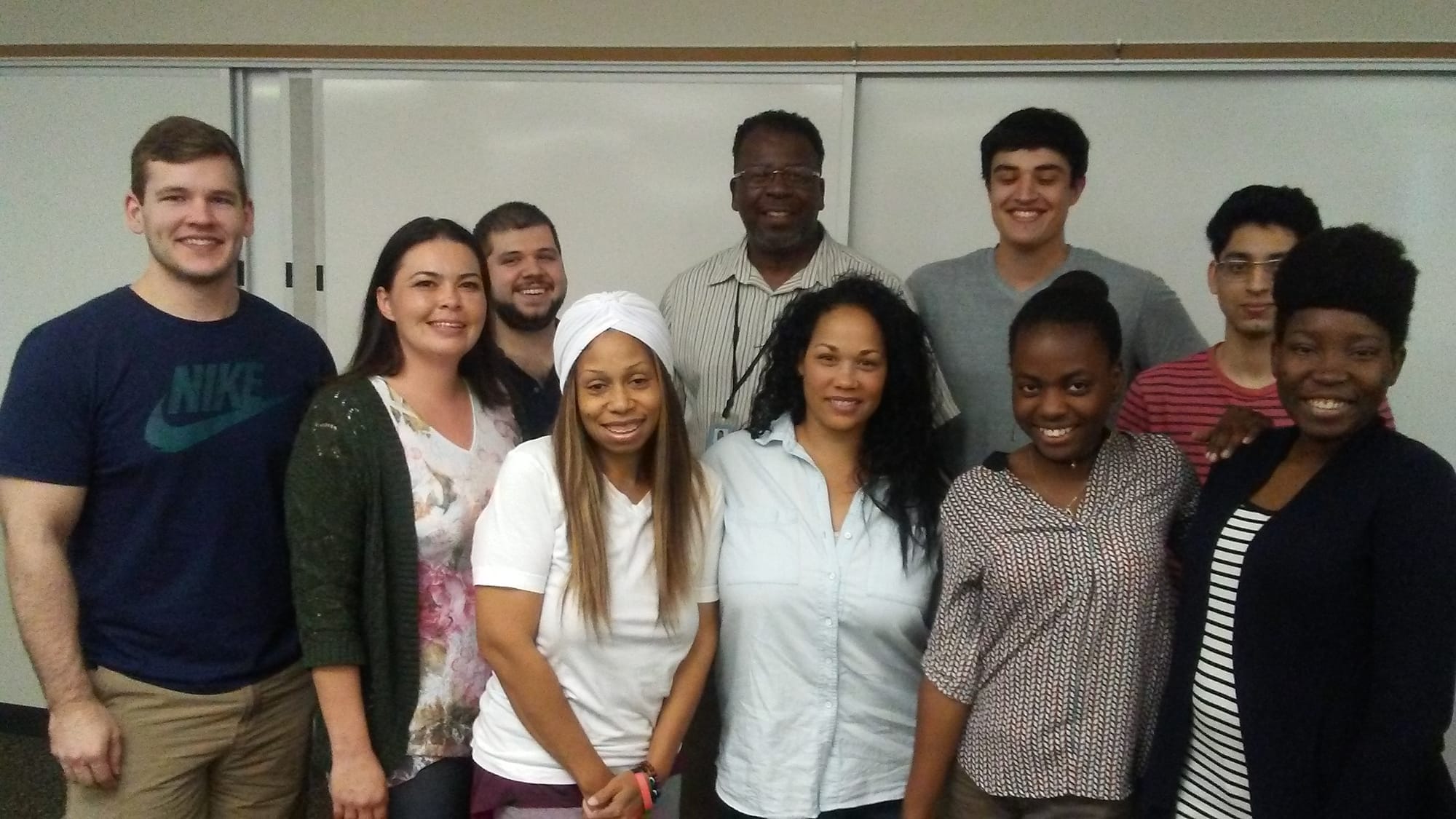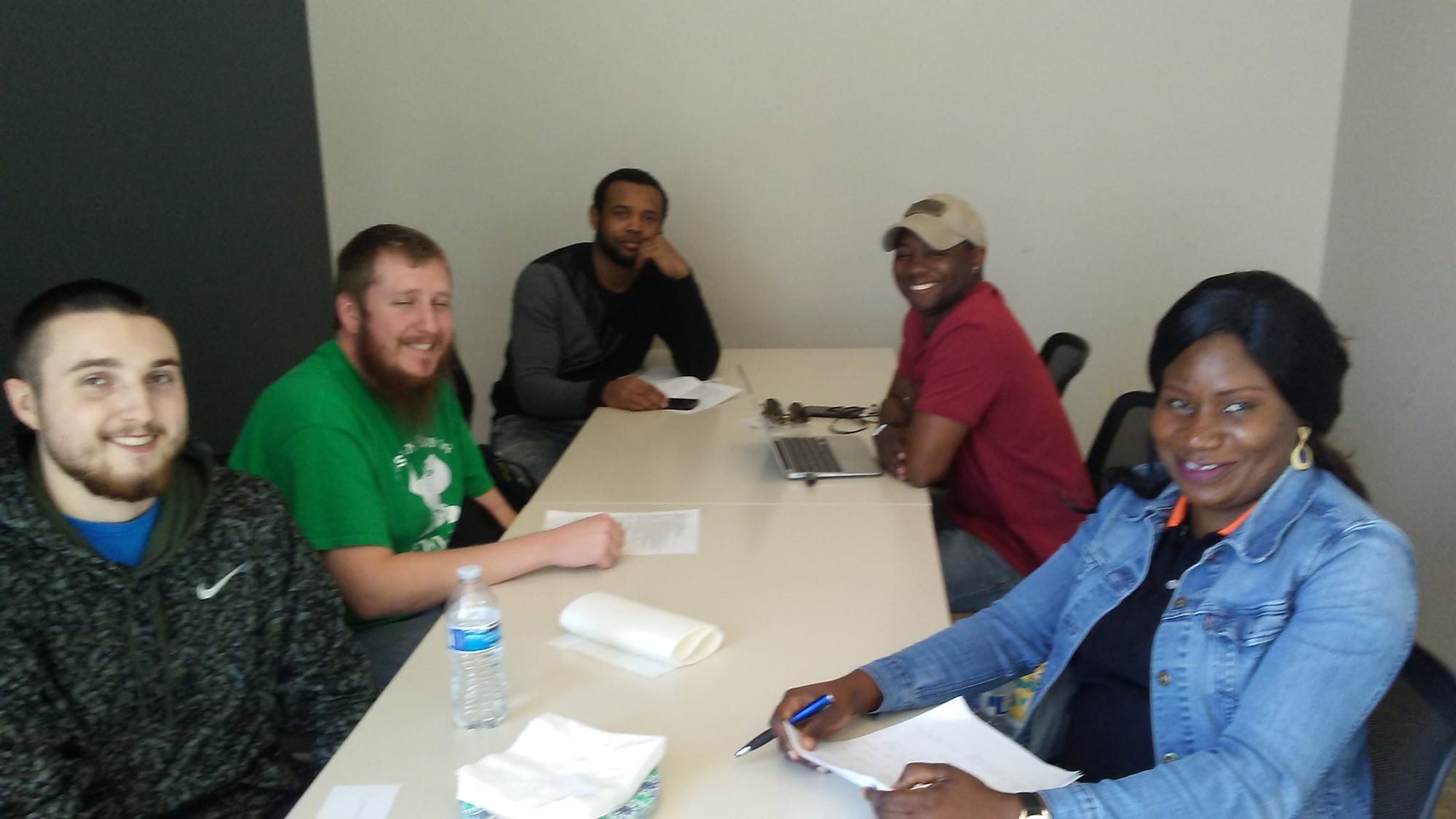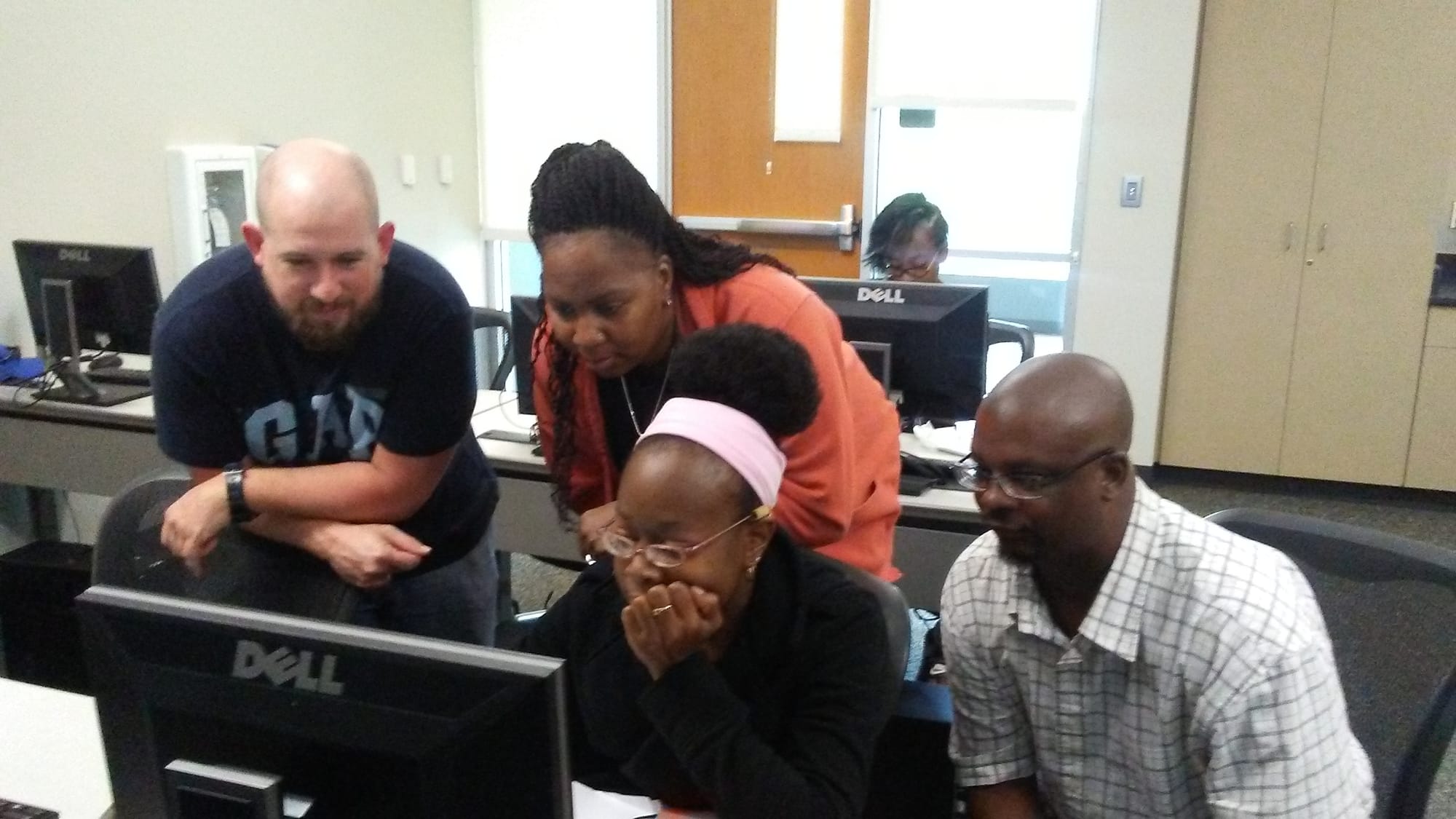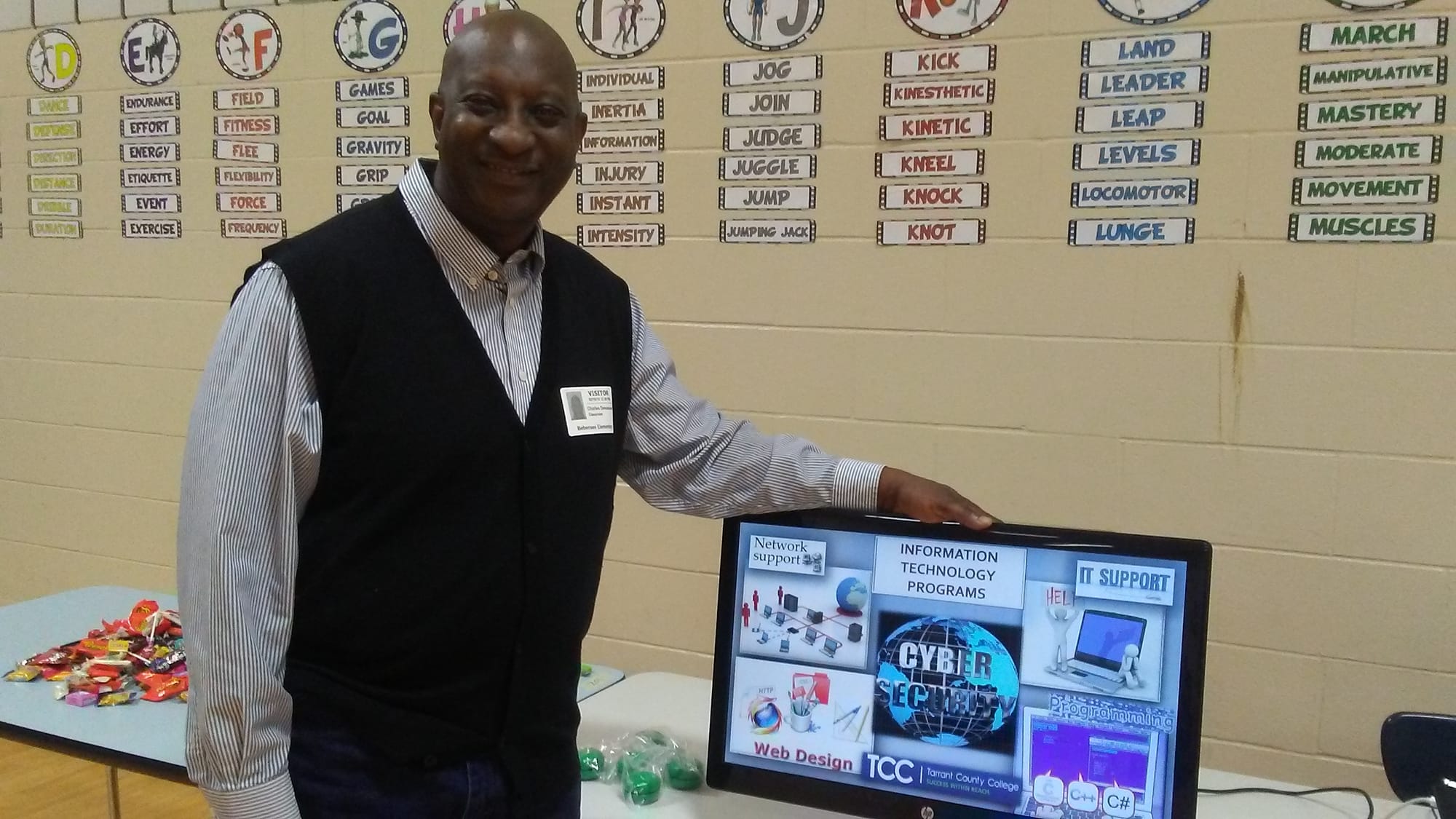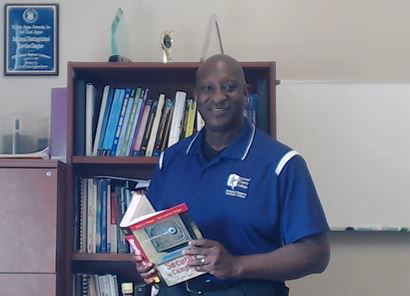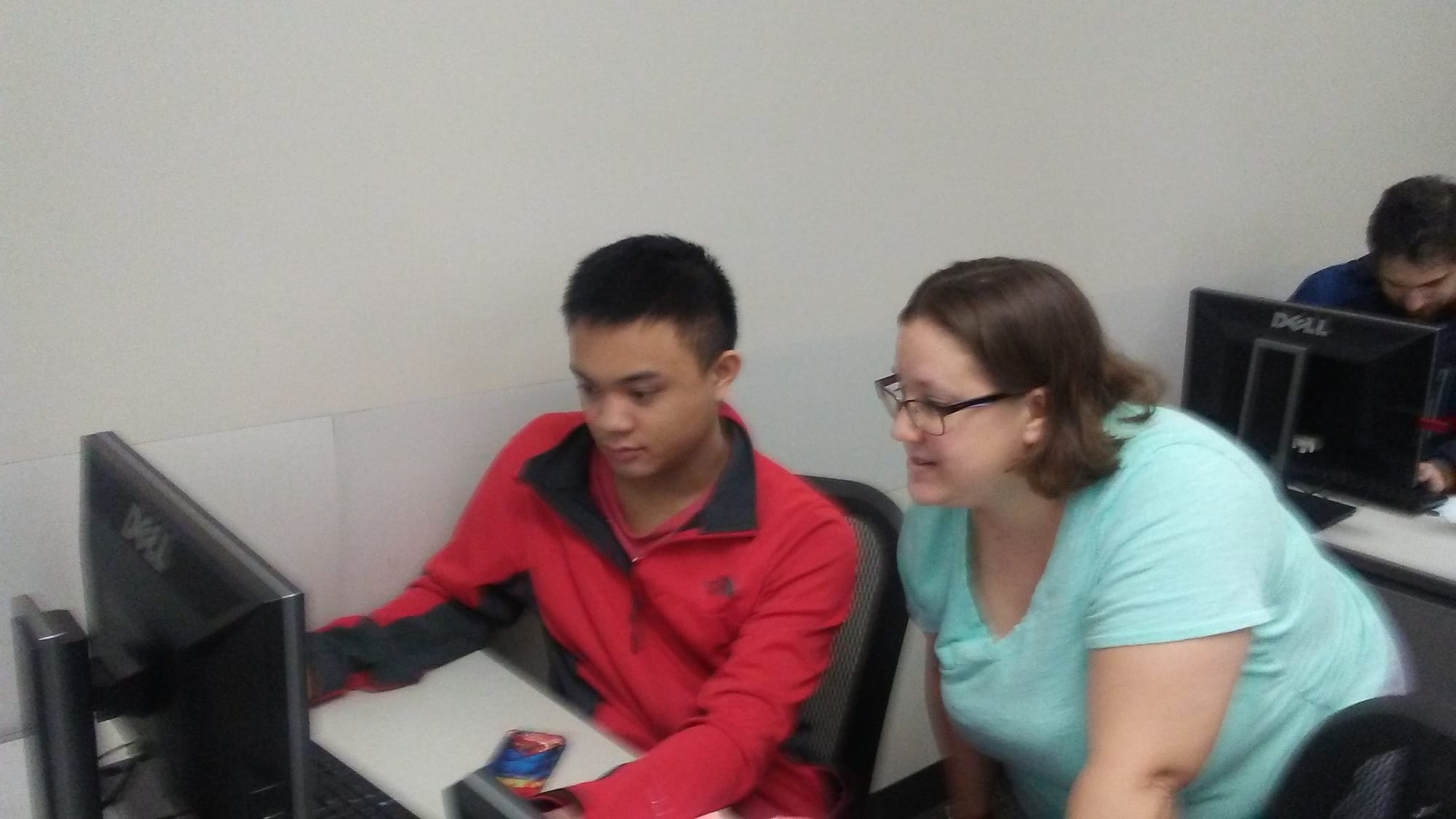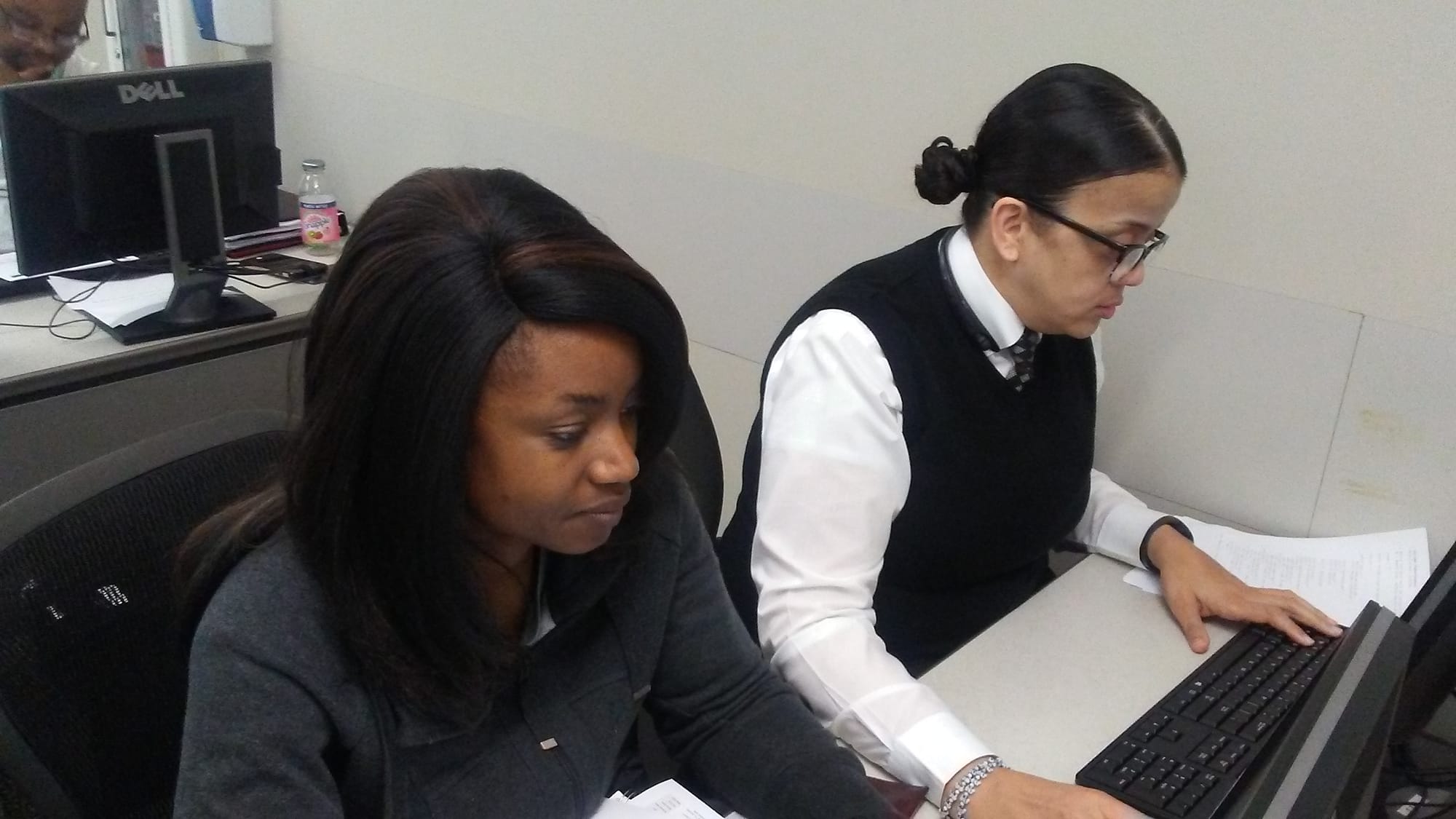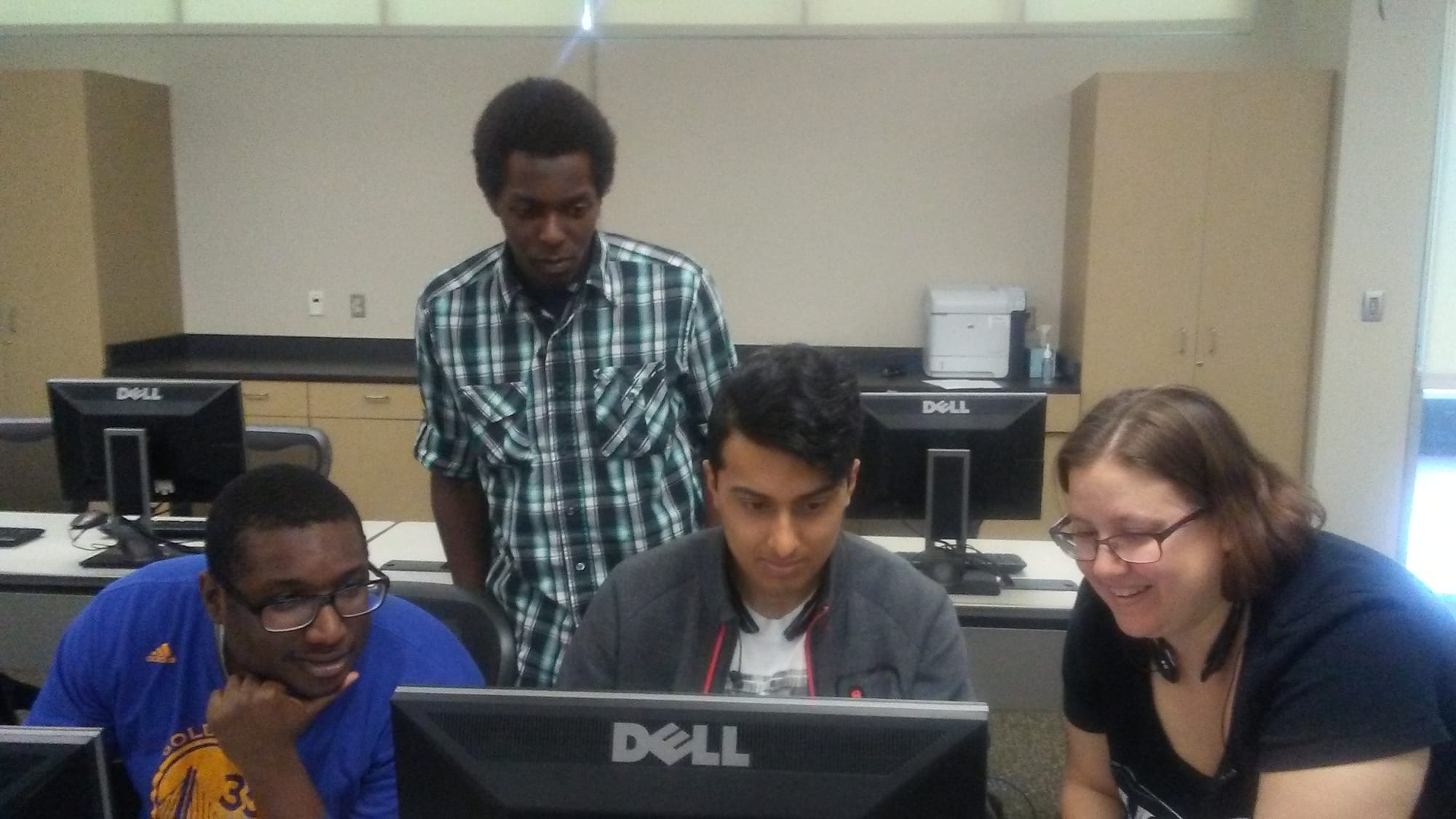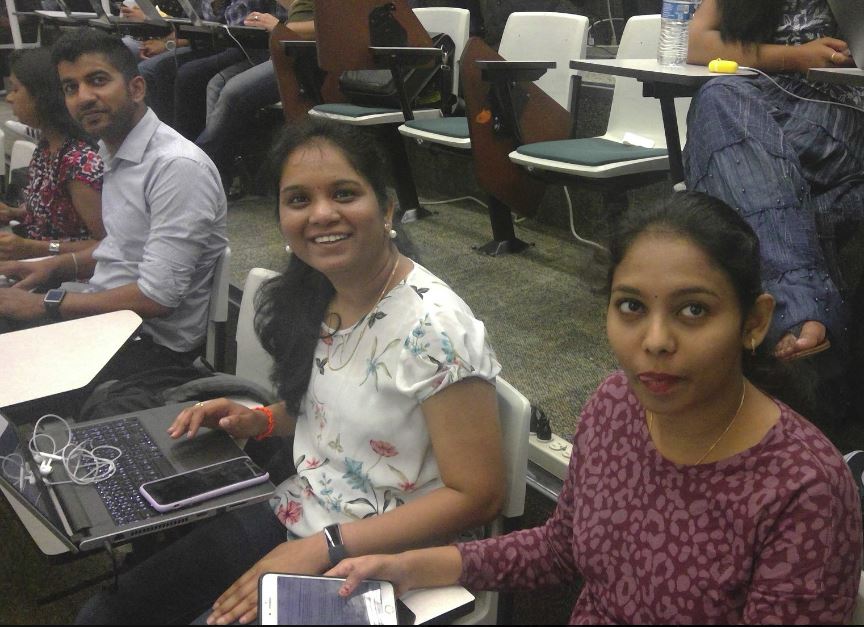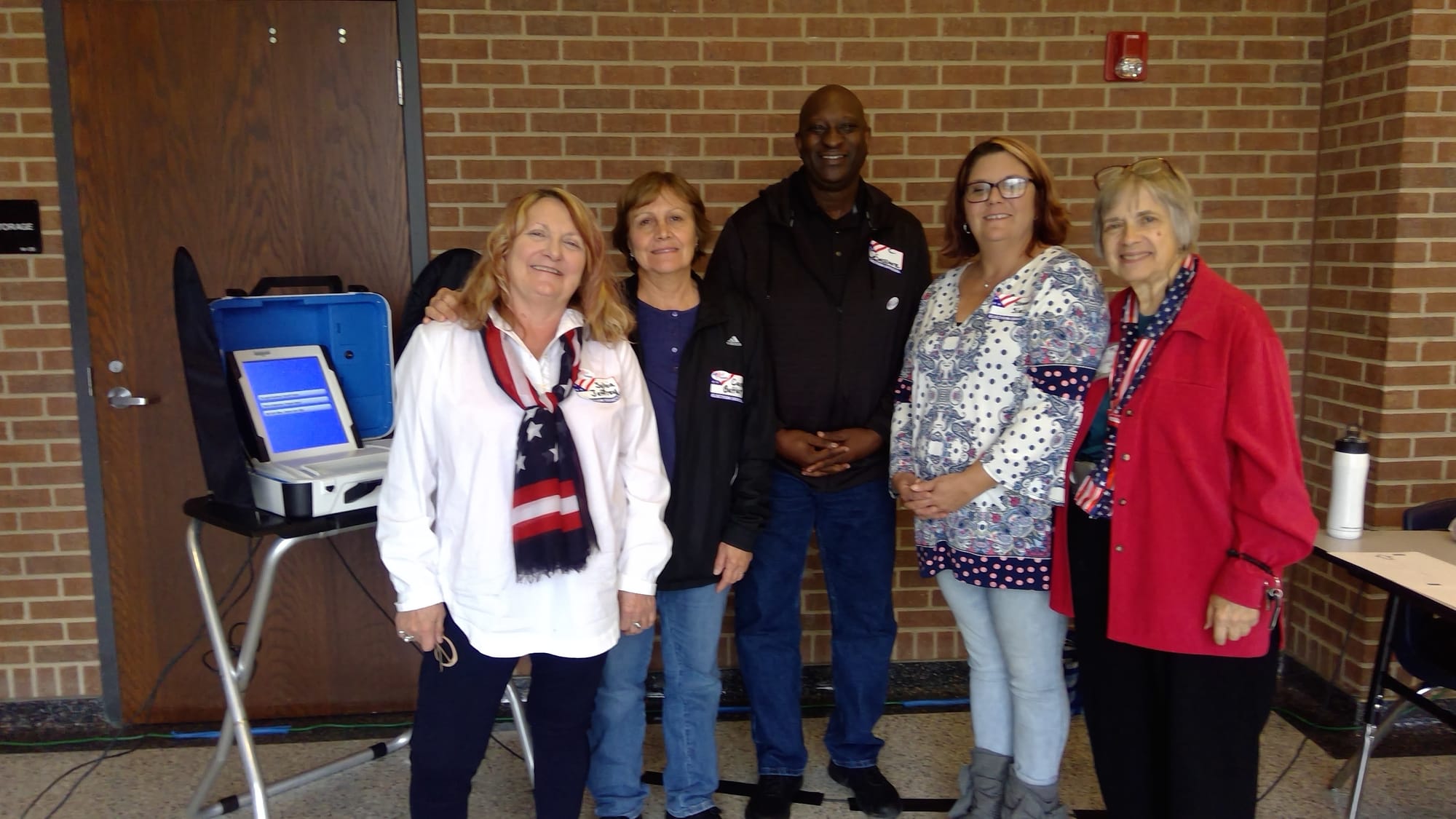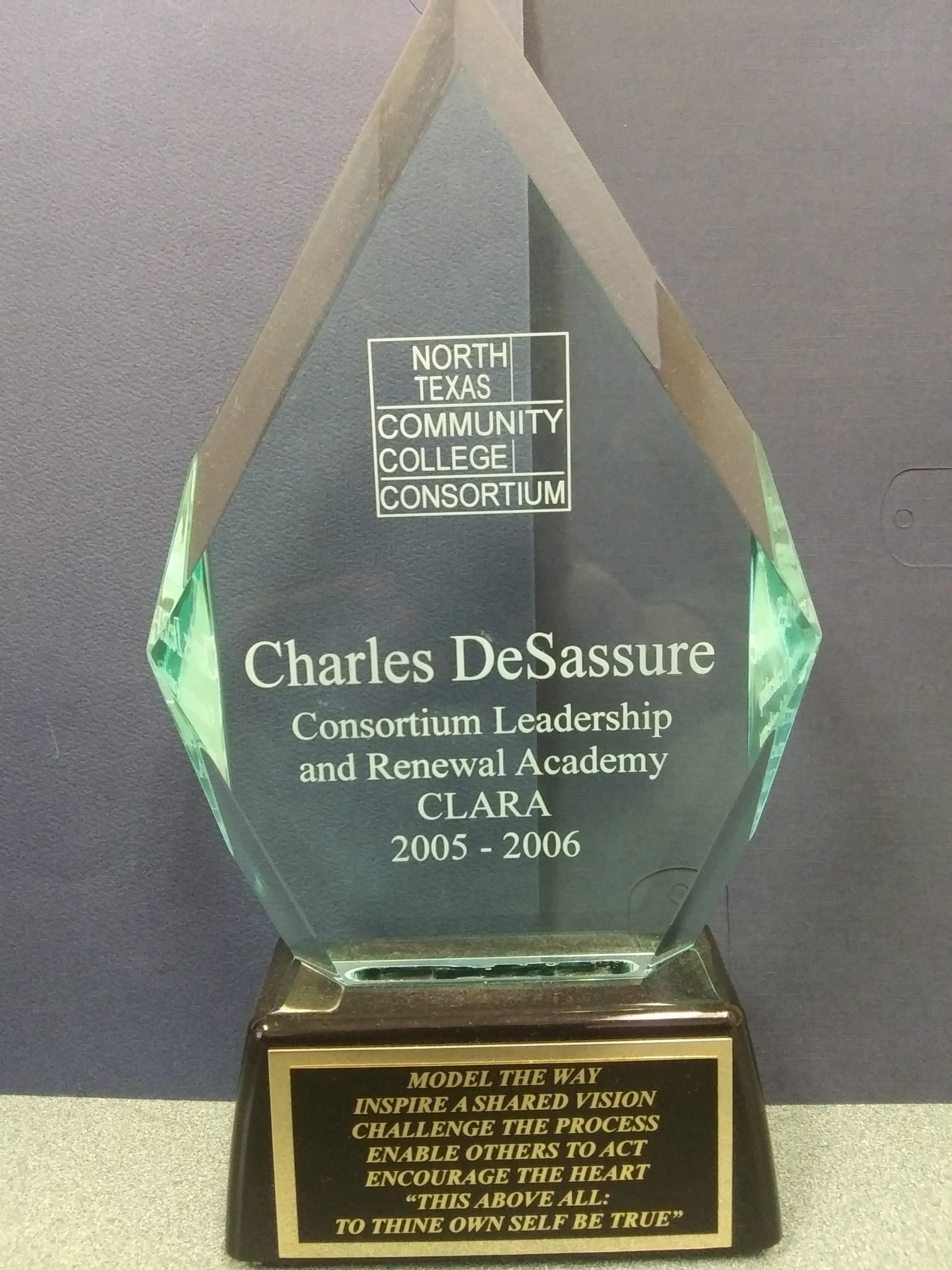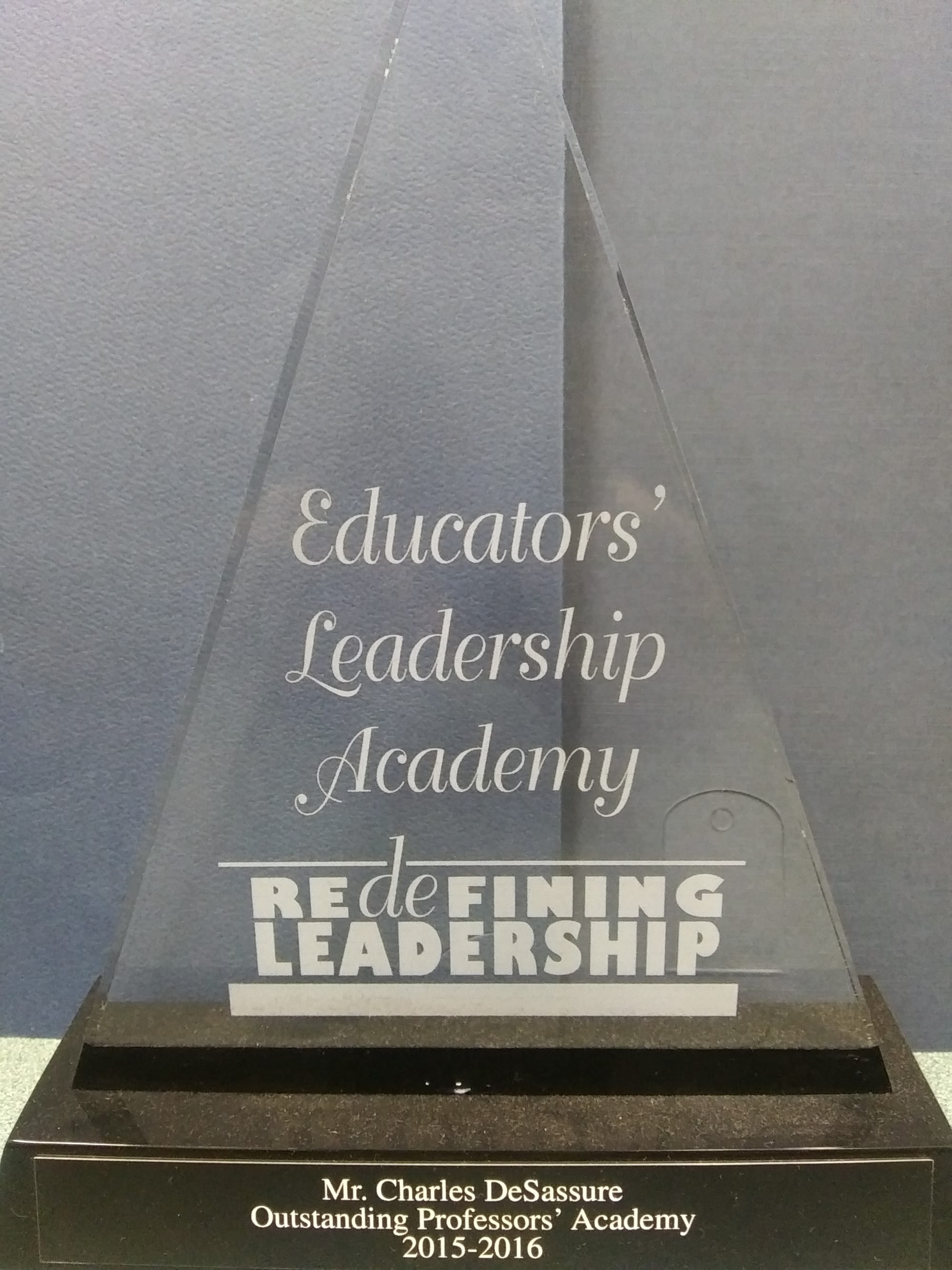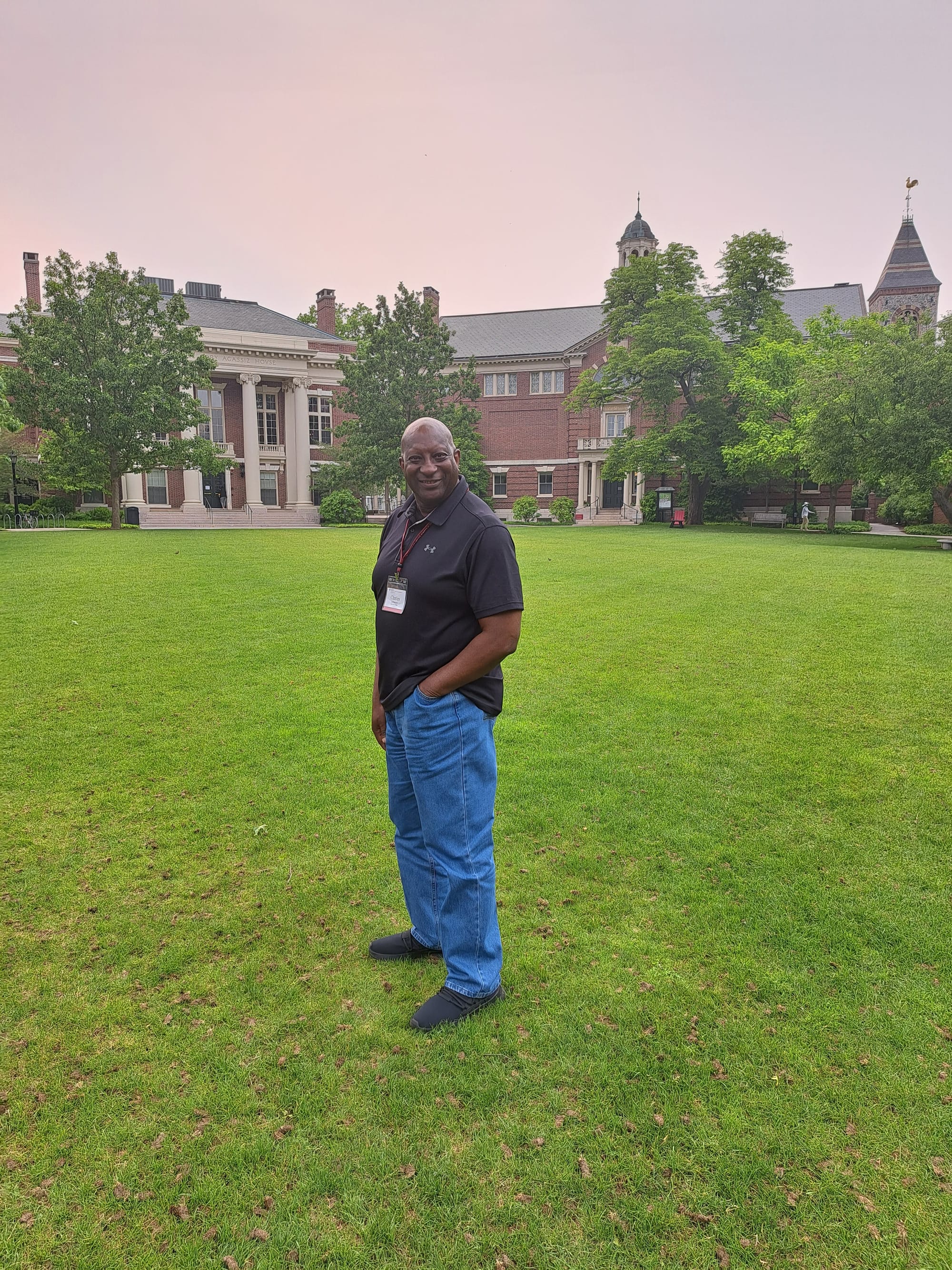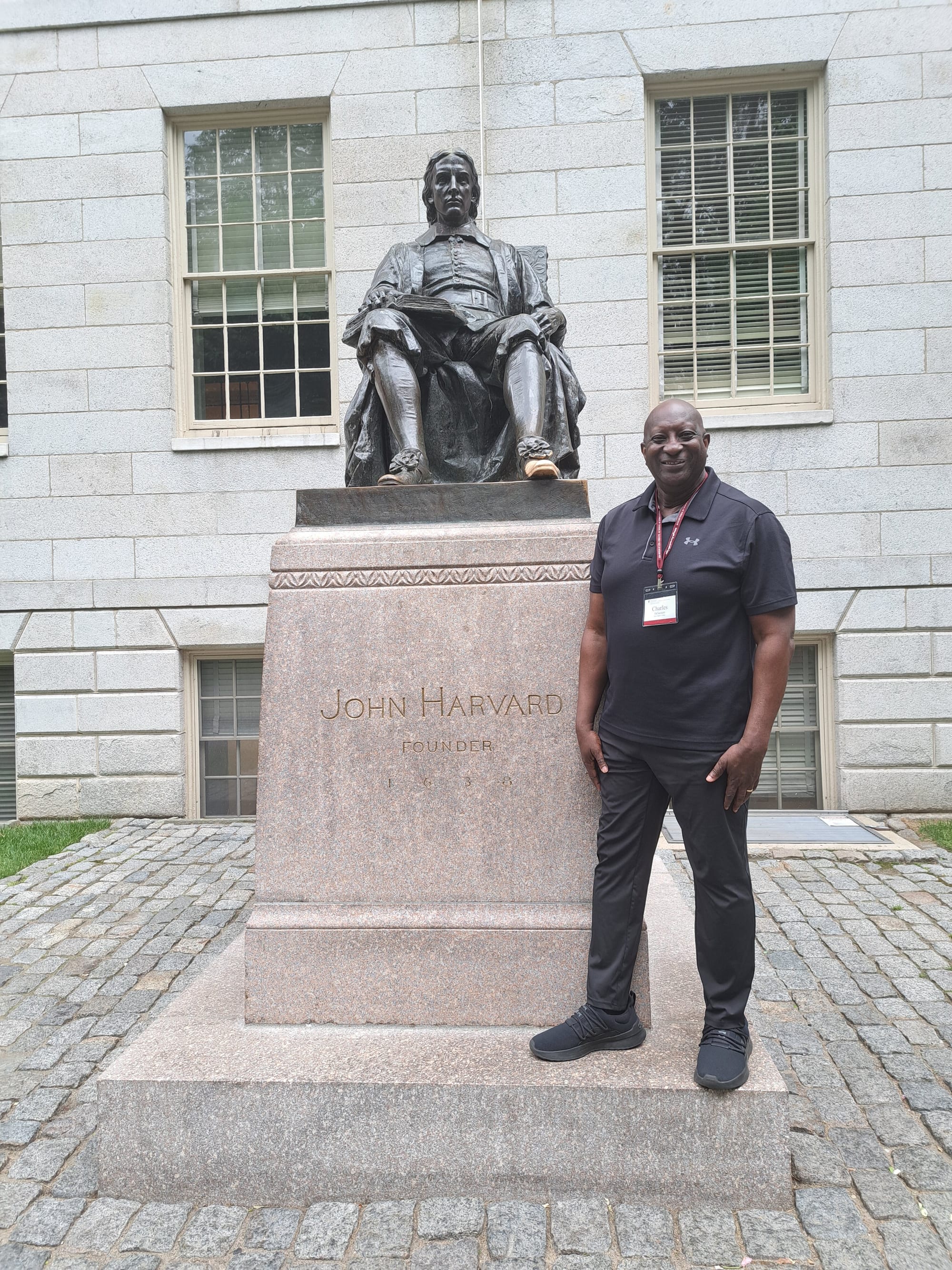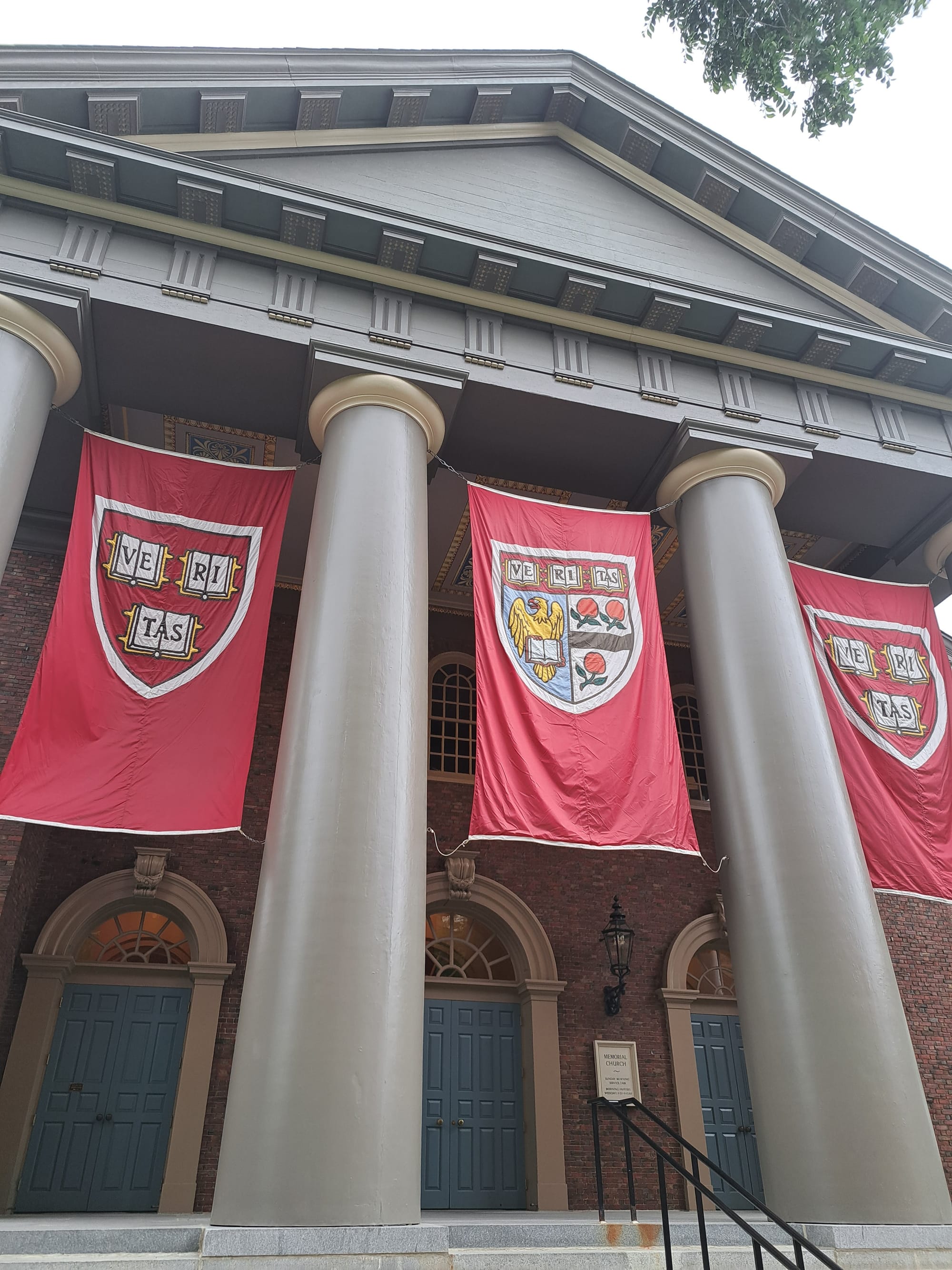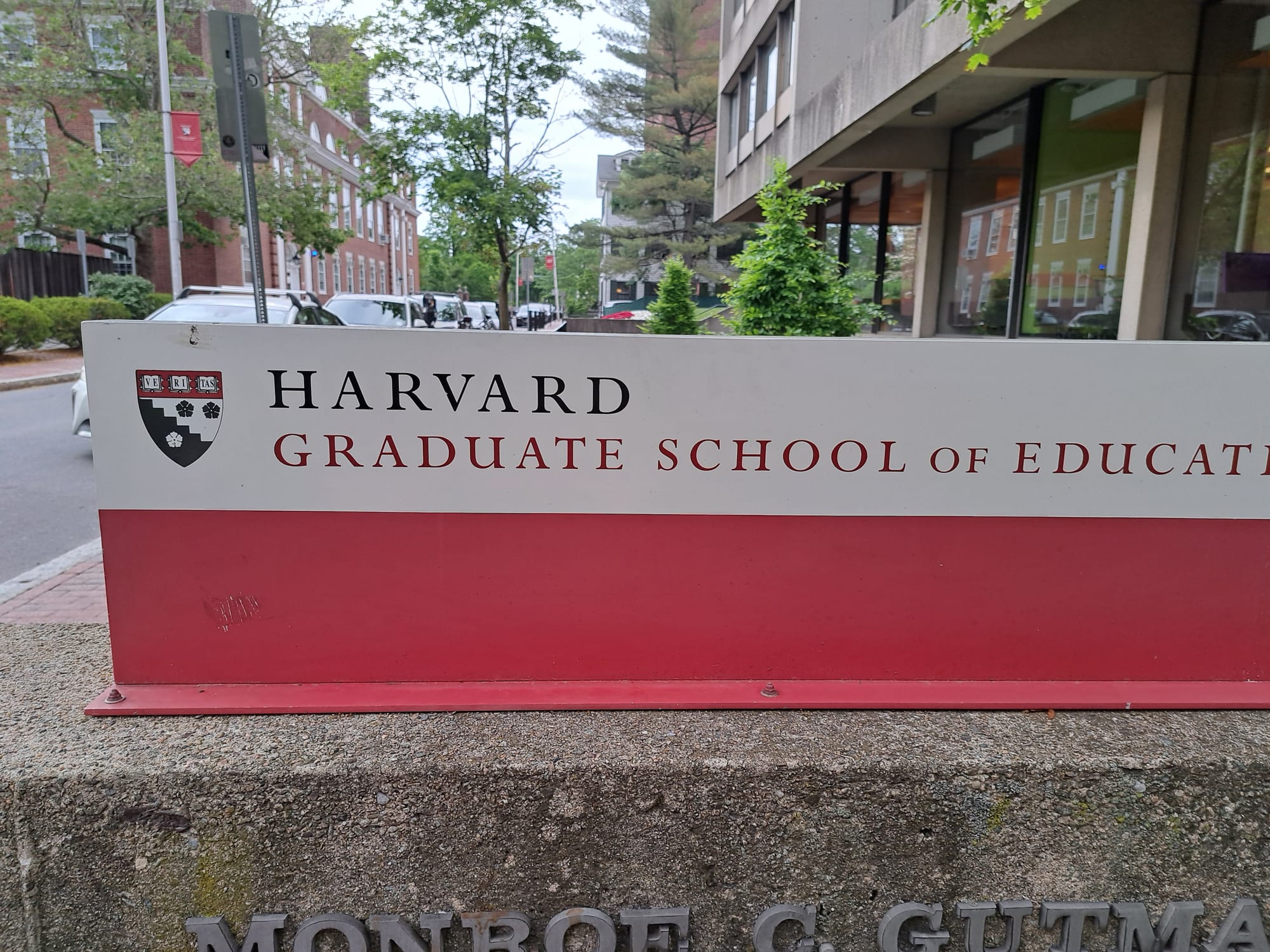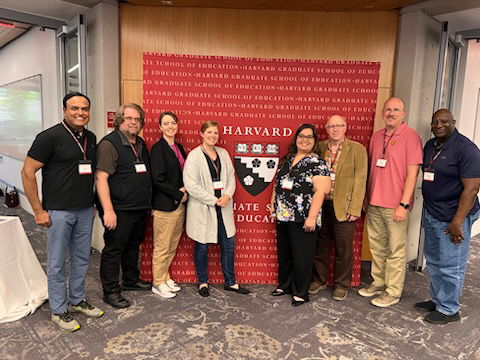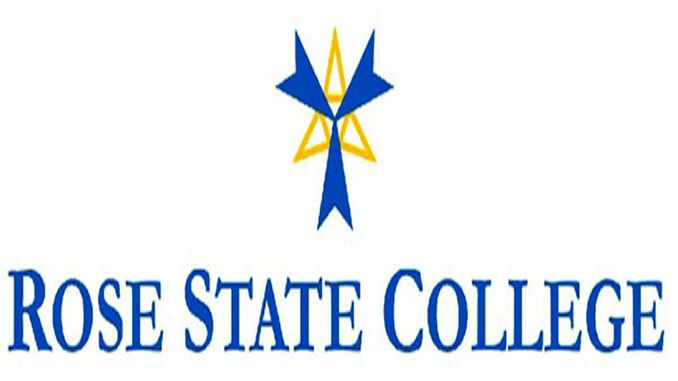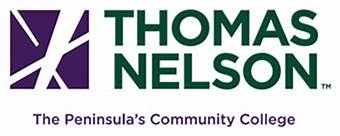About
Dr. Charles DeSassure serves as the Dean of Technology at Lamar Institute of Technology in Beaumont, Texas. In this role, he provides academic leadership for the Industrial & Engineering and Manufacturing & Trades departments and is a member of the institute’s instructional leadership team.
Dr. DeSassure earned a Doctorate in Computer Science with a concentration in Cybersecurity and Information Assurance from Colorado Technical University. His academic credentials also include:
- Master’s in Information and Resources Management – Webster University
- Bachelor’s in Business Administration (Management) – Claflin University
- Associate in Computer Technology – Orangeburg-Calhoun Technical College
- Graduate Certificate in Higher Education Leadership and Administration – University of Massachusetts Amherst
Previously, as STEM Dean at Virginia Peninsula Community College, he oversaw programs in Engineering, Sciences, Mathematics, IT, Computer Science, and advanced technical fields such as Mechatronics, Unmanned Systems, and Welding. During his tenure, he launched two certificate programs and strengthened transfer pathways for students.
With over two decades of experience in higher education, Dr. DeSassure has served as a department chair and professor in Computer Science and Cybersecurity. His career began with three years as a public-school teacher in South Carolina, laying the foundation for his lifelong commitment to student success and academic excellence.
Before transitioning to education, Dr. DeSassure spent ten years in the private sector as an IT professional, holding key roles such as MIS Manager, Systems Analyst, LAN Administrator, and Programmer—experience that continues to shape his industry-focused approach to teaching and leadership.

News
Dr. DeSassure Promoted to Full Professor of Computer Science, March 2020
This is a generic article you can use for adding article content / subjects on your website.
National Cyberwatch
The 2019 National CyberWatch Innovations in Cybersecurity Education program, is part of the National CyberWatch’s Awards & Recognition program designed to support community colleges cybersecurity programs. Dr. Charles DeSassure submission to the publication is located on page 50. At the community college level, the focus is on teaching and hands-on projects. Dr. DeSassure shared one of his lab assignments for publication. Click the link below or copy and paste the link into a new tab to see the selected lab. www.nationalcyberwatch.org/resource/2019-innovations-in-cybersecurity-education
Research interest
His research interest includes cybersecurity, information assurance, help desk support, data science, and computer literacy.
Memberships
Publications and Presentations
- “What is Remind.” Presented at the International Conference on Teaching & Leadership Excellence (NISOD) Conference, Austin Convention Center, Austin, Texas, May 27-30, 2016.
- “Tarrant County College District’s Proposed New Core Curriculum.” Presented at the North Texas Community College Consortium (NTCCC) 7th Annual Outcomes & Assessment Conference, Collin College, Spring Creek Campus, Living Legends Conference Center, Plano, TX, October 26, 2012.
- “So, You Want To Have Virtual Office Hours?.” Presented at the Tarrant County College District Academics Day, Fort Worth Convention Center, Fort Worth, TX, August 23, 2012.
- “Developing a Supportive Educational Community for Students.” Presented at the Presented at the International Conference on Teaching & Leadership Excellence (NISOD) Conference, Austin Convention Center, Austin, Texas, May 27-30, 2012.
- “Developing a Supportive Educational Community for Students in Your Class.” Presented at the Tarrant County College District Academics Day, Trinity River Campus, Fort Worth, TX, January 9, 2012.
- “Implementing Real World-World Problems to Enhance Students Learning.” Presented at the South
Center, Myrtle Beach, SC, November 5-7, 2008.
- “Implementing Real-World Problems to Enhance Students Learning.” Presented at the League for Innovation in Community College 24th Annual International Conference on Information Technology at the Salt Palace Convention Center, Salt Lake City, Utah, October 19-22, 2008.
- “Real World Problems to Enhance Students Learning.” Presented at the International Conference on Teaching & Leadership Excellence (NISOD) Conference, Austin Convention Center, Austin, Texas, May 25-28, 2008.
- “Implementing Real-World Problems.” Presented at the Microcomputer in Education Conference, Arizona State University, Tempe, Arizona, March 10-12, 2008.
- “How to Enhance Students Learning in First-Level Computer Courses.” Presented at the Oklahoma Technology Association Conference, Cox Conference Center, Oklahoma City, Oklahoma, February 5-6, 2008.
- “Tarrant County College District iSkill Study.” Presented at the ETS iSkills Assessment National Advisory Committee Conference, University of Central Florida, Orlando, Florida, October 8-9, 2007.
- “Student Assessment Workshop.” Facilitator, CONFAB: A Summer Seminar for Community College Leaders, Tanglewood Conference Center, Lake Tacoma, Texas, June 2006.
- “ETS: Literacy Instructions and Assessment at Community Colleges: Experts Discuss Strategies and Solutions.” Co-Presenter at The League for Innovation's annual Conference on Information Technology (CIT), Charlotte, North Carolina, October 2006.
- “Program Assessment and Accountability: Measuring Student’s Outcomes.” Presented at the Association for Computer Educators in Texas (ACET) 2006 Annual Conference, Tomball College, Tomball, Texas, October 2006.
- “Today’s IT Job Market: How to Better Help Prepare Students.” Presented at the University of North Texas Community College Day 2006 Annual Conference, Dallas, TX, May 2006.

